Documents Required for Import-Export Customs Clearance
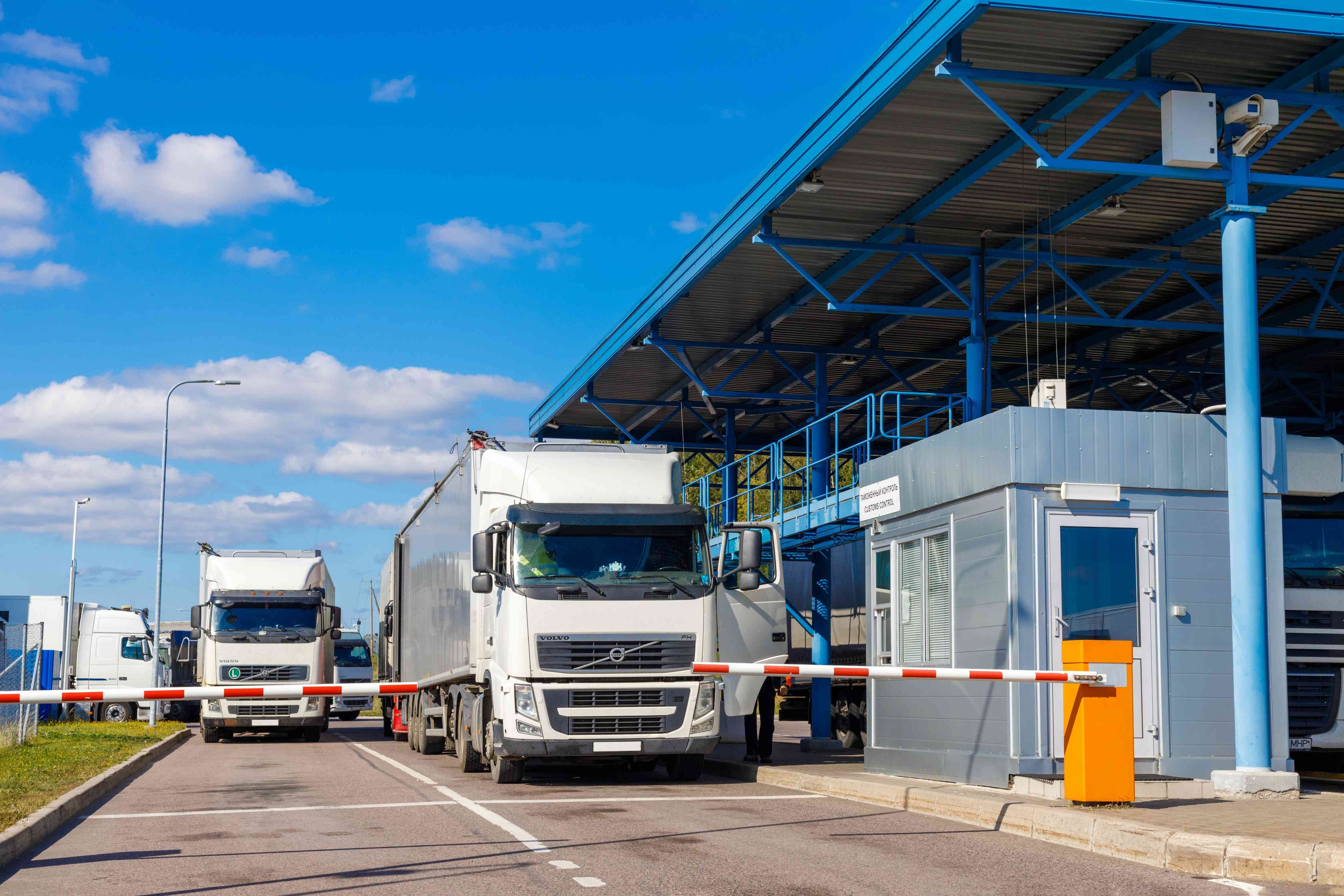
Customs clearance is a mandatory procedure for legally importing or exporting goods internationally. Before any cross-border shipment of goods can be imported or exported, it must go through customs clearance. The customs authority issues a document confirming that the shipper has paid all duties, and the goods are approved for export. Customs clearance ensures the payment of export/import duties and taxes and compliance with international trade laws.
To obtain customs clearance for goods, exporters must complete several steps, including:
Document Inspection: In the initial step of customs clearance, a customs officer reviews all shipment paperwork, including the commercial invoice, purchase order, packing list, shipping bill, bill of lading, and certificate of origin. After verifying the documentation, the shipper and receiver details are recorded on the document.
Tax and Duty Payment: The next step is to pay taxes and duties for your shipment that has been inspected. A customs officer will check whether the taxes and duties are prepaid or collected based on the goods being shipped, and then release them for delivery. The taxes and duties to be paid will vary depending on the type of goods, their declared value, and customs laws pertaining to the importing country. In case you have outstanding duties and taxes, the customs officer will ask you to pay them.
If the duties and taxes have been prepaid, DDP (Delivered Duty Paid) will be marked on the shipment. If the shipment is marked DDU (Delivered Duty Unpaid), it will be forwarded to a customs broker to collect the amount due. This can be expensive, as these independent brokers have different fee structures. Other charges such as brokerage, inspection, storage, late payment, and insurance may be applied to the total shipment fee.
Release of Shipment: If the outstanding taxes and duties are paid, and all paperwork is in order, then customs will release the shipment, allowing it to proceed to its destination.
For bringing or taking goods to Oman, through land, sea or air, these are the documents required for import-export customs clearance.
Documents Required for Importing Goods to Oman
- An accredited copy of commercial registration and an activity form.
- A valid quotation list.
- A valid copy of the affiliation certificate to the Oman Chamber of Commerce and Industry (OCCI).
- A valid certificate from the manufacturer.
- Bill of Lading (at sea and air customs offices only).
- A manifest of the shipment (a document which contains a detailed description of the cargo).
- Packing lists.
- Permission to deliver goods from the shipping agent.
- A comprehensive valid written authorization from the person in charge of customs clearance.
- Filling in the import declaration and form for clearing and classifying the goods according to the Customs procedure.
- In case of the absence of a valid purchase invoice or a valid certificate from the manufacturer, the clearance will cost R.O 20 paid in cash. This money could be reimbursed if the required documents are submitted within 90 days from the date of payment.
- Provide approval from the authority in charge (for the restricted goods only).
- Paying the required taxes and customs fees for the total value of the shipment including cargo and insurance (CIF).
Documents Required for Exporting Goods from Oman
- A copy of the export invoice.
- Packing lists.
- An application letter for the export of used or personal belongings issued by the employer (for non-Omani citizens only).
- Filling in the import declaration and form for clearing, and classifying the goods according to the Customs procedure.
- Provide approval from the authority in charge (for restricted goods only).
Documents Required for Re-Exporting Goods from Oman
Re-exporting means taking out or exporting the goods to a free zone or outside of Oman following the applicable rules and regulations.
- An application letter for re-exporting.
- A manifest of the shipment (at air and sea customs offices only).
- An invoice of the exporting lists.
- A copy of the importing lists (invoice).
- Packing lists.
- Filling in the import declaration and form for clearing, and classifying the goods according to the Customs procedure.
- Fees on the goods to be re-exported will be refunded after being confirmed by the customs officers
Types of goods that can be re-exported are:
- Imported goods that have not been removed from customs storage (at air and sea customs offices only).
- Imported goods that are granted a temporary release against a bank or cash warranty which includes the custom fees for a period not more than 6 months from the release date.
- Goods imported to Oman under the status of temporary entry and the owners who are willing to re-export the goods.
- Goods that are suspended and put in stores.
Why should you use the services of a customs clearance company?
A customs clearance company will handle your shipping needs and ensure that you comply with customs regulations. If these regulations are not met, it can lead to shipping delays.
Businesses involved in importing or exporting goods can benefit greatly from the services of a customs clearance company. This company can provide guidance on avoiding potential shipment-related issues and help you take advantage of trade agreement opportunities.
If the company cannot ship the products you require, they will inform you promptly. In such cases, they will arrange for the safest possible delay of your shipment. While it's your responsibility to correctly complete paperwork and pay taxes and duties, a customs clearance company can help by identifying any errors and alerting you to any missing crucial information.
When is Customs Clearance needed?
Customs clearance is necessary for all kinds of shipments that travel from one country to another. When it comes to importing and exporting goods, different countries have different regulations. To pass through the clearance check of the country, you must comply with the regulations specific to that country. All documents must be in order to facilitate international trade, and special requirements may apply to certain goods, depending on their nature. The process can be simplified with the help of a reputed customs clearance company. They will assist with the paperwork and calculate taxes and duties to be paid.
How to Successfully Handle Customs Clearance?
By following these steps, you can navigate through customs clearance without any difficulty.
Proper documentation: For exporters and importers who are unfamiliar with rules and regulations, the customs clearance process can be quite challenging. To ensure a smooth customs clearance process, all documents must be in order, and the information must be accurate. Listing all the items in your shipment correctly, along with their values, is how you can ensure the accuracy of your documents. If there are any discrepancies between the contents of the shipment and the documentation, it can result in shipping delays. The customs officer will look into the matter, and sometimes the shipment will be rejected if the discrepancies are substantial.
Be aware of international trade laws: Familiarity with international trade laws applicable to importing and exporting will make the customs clearance process much easier for you. Since these laws are constantly changing, you need to stay updated on the latest requirements for a smooth experience.
Consider the type of goods you are shipping: While the customs clearance process can be complicated, considering the type of goods you are shipping will make it less daunting. When importing goods, you must comply with the customs regulations of the country you are importing to. Extra care should be taken when exporting dangerous goods; they must be properly classified, marked, and labeled as dangerous goods. In the case of air freight, there might be carrier-specific requirements, so make sure to check with the carrier before shipping dangerous goods.
Be prepared for multiple customs clearance checks: Cross-border shipments require multiple customs clearance checks, one for each country the goods are passing through. The requirements for customs clearance in each country might be different, so you must prepare the documents according to each country's specific clearance requirements.
Tax and duties calculation: When importing goods into a country, you must be aware of the customs clearance fees that need to be paid. These fees are determined based on the value of the goods and the specific tax rates applicable to those goods in the country. Calculating the taxes and duties ensures that you can get your shipment through customs clearance without any unnecessary delays.
Also Read - Tips for Making the Customs Clearance Process Much Easier
Choose Sohar Shipping for Customs Clearance Services in Oman
Sohar Shipping is one of the leading shipping and logistics companies in Oman, offering reliable customs clearance services. Our team of experts, with several years of experience, is adept at handling customs clearance for cross-border, sea, and air shipments to and from Oman. At Sohar Shipping, we are committed to providing the best quality service to help customers deal with customs clearance. Our comprehensive services include preparing and submitting documents for shipping, arranging customs inspection, assessment, payment of duties and taxes, and collecting cargo delivery from customs after the clearance process, along with supporting documents. Our clearance agent will also help you with the formalities and the release of cargo. With in-depth knowledge of customs clearance formalities, we ensure that customs clearance for your shipment is completed without any unnecessary delays.
Customs clearance can be a less complicated process if the paperwork is proper, and you have enough knowledge about the regulations. Additionally, you can avail yourself of the services of a customs clearance company to help you with the process.
Latest Blogs
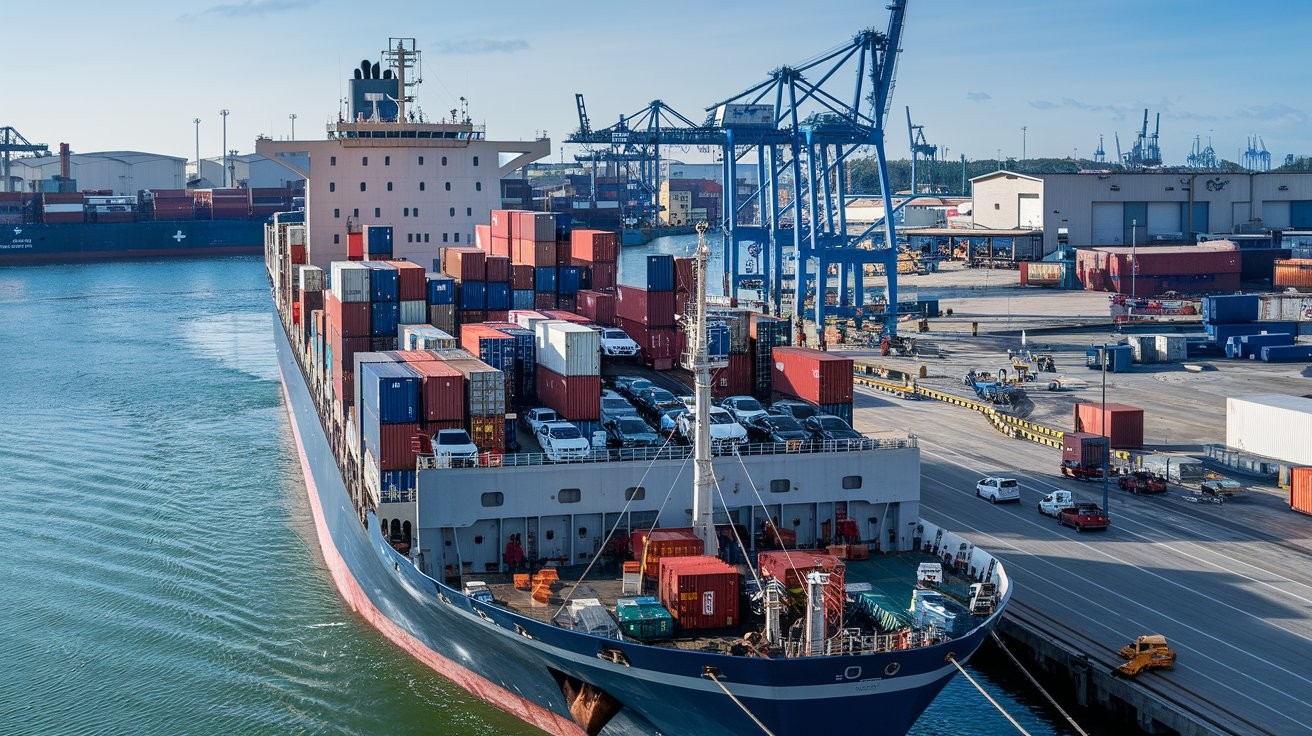

Key Benefits of End to End Supply Chains
20 Sep, 2024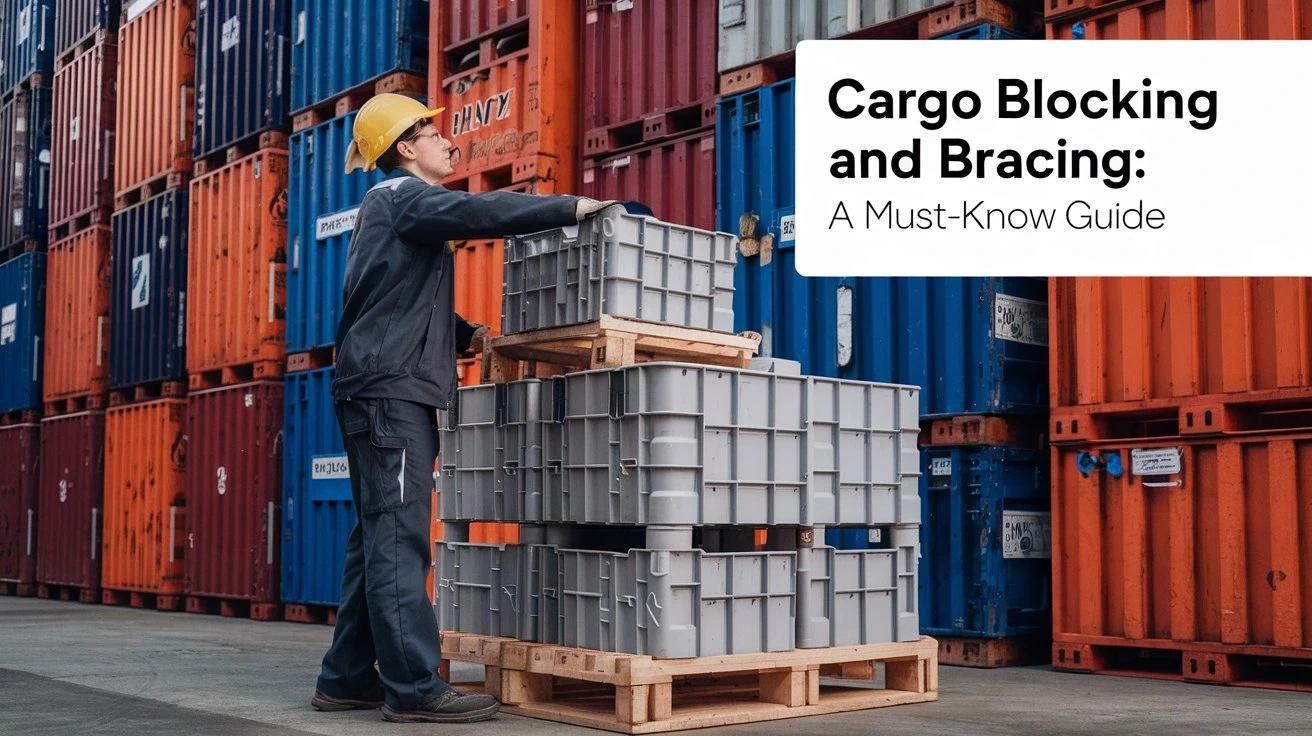
Cargo Blocking and Bracing: A Must-Know Guide
17 Sep, 2024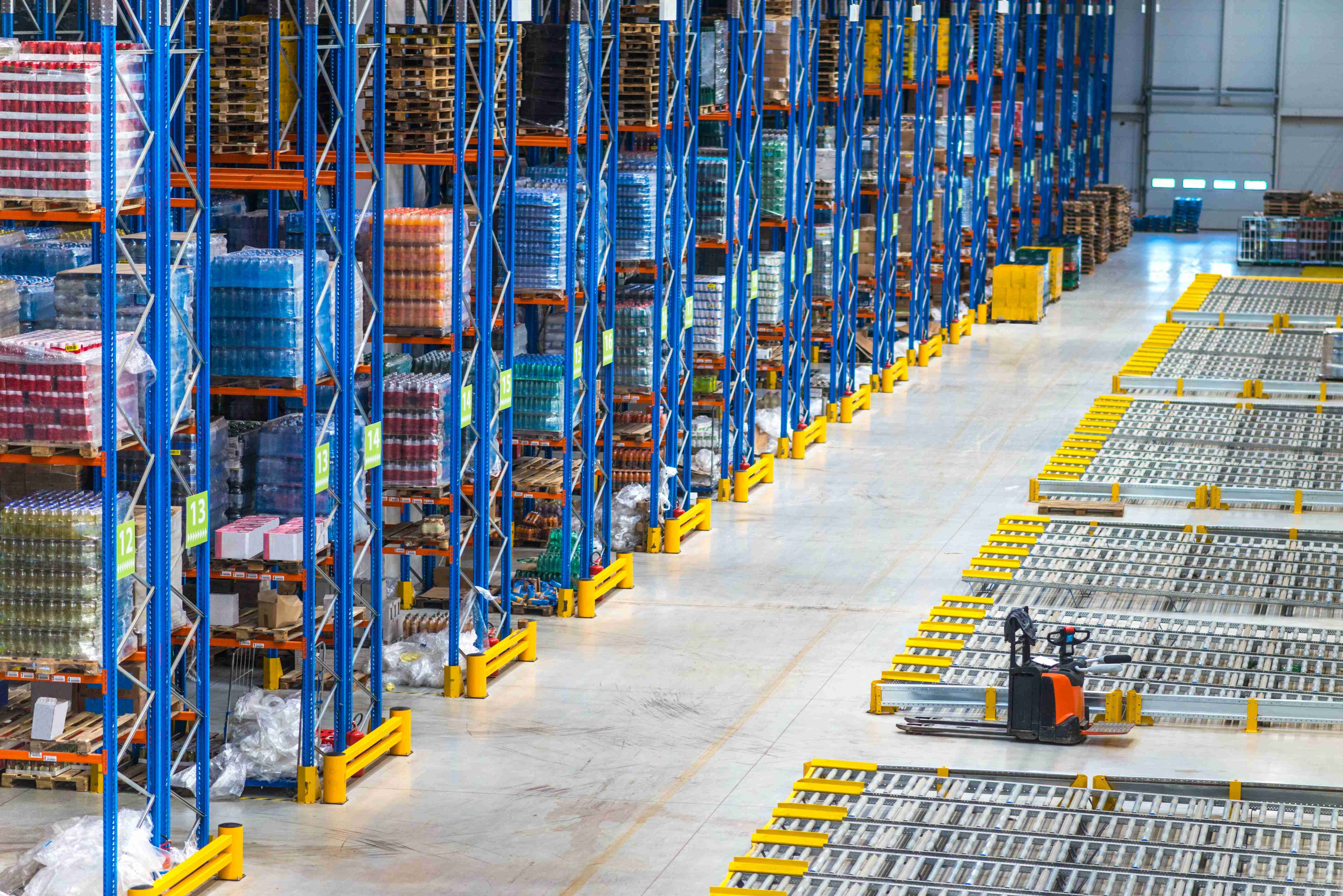
Third-Party Logistics (3PL): A Complete Guide
31 Jan, 2024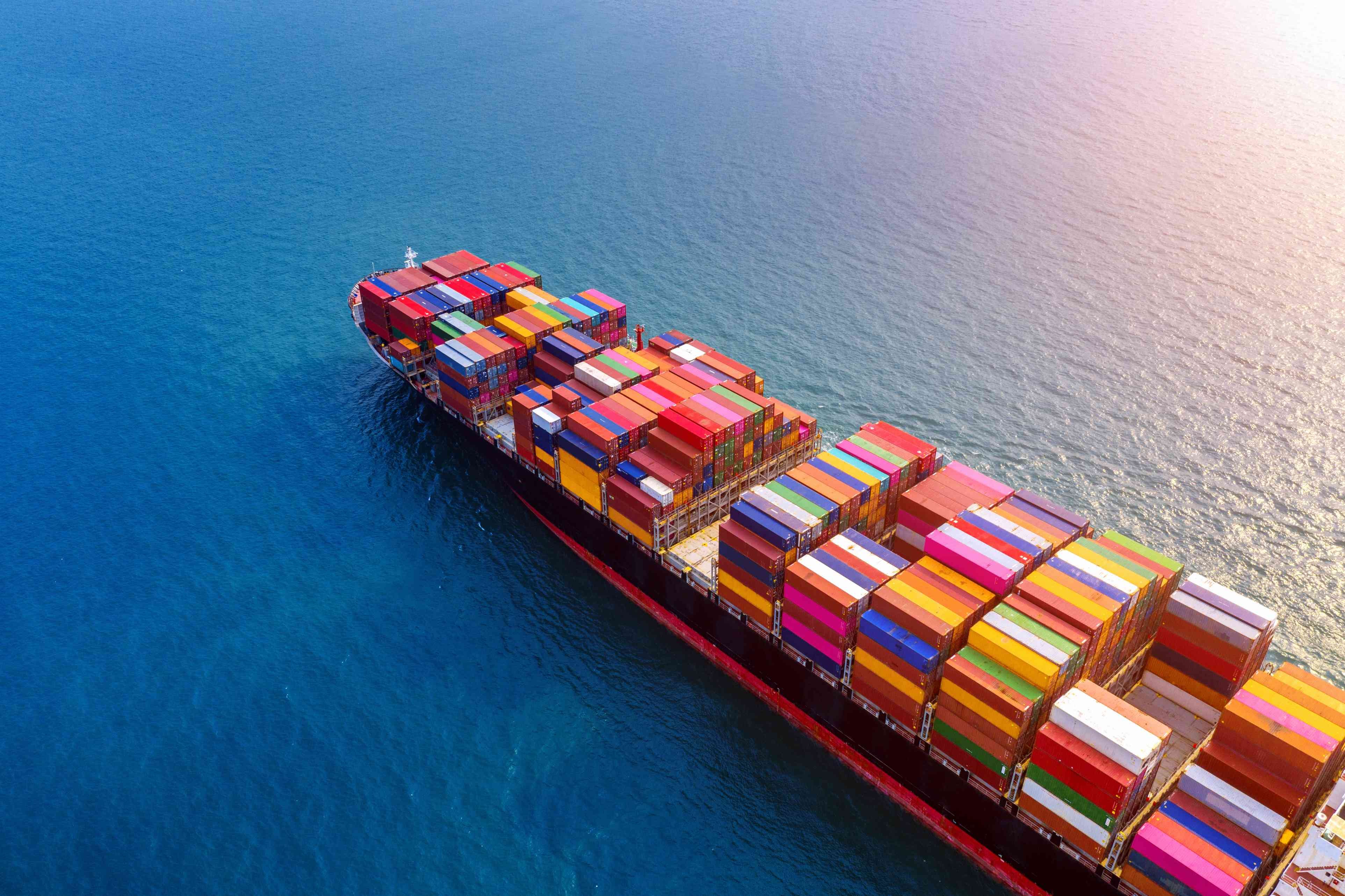
How do I book a container by sea freight
27 Nov, 2023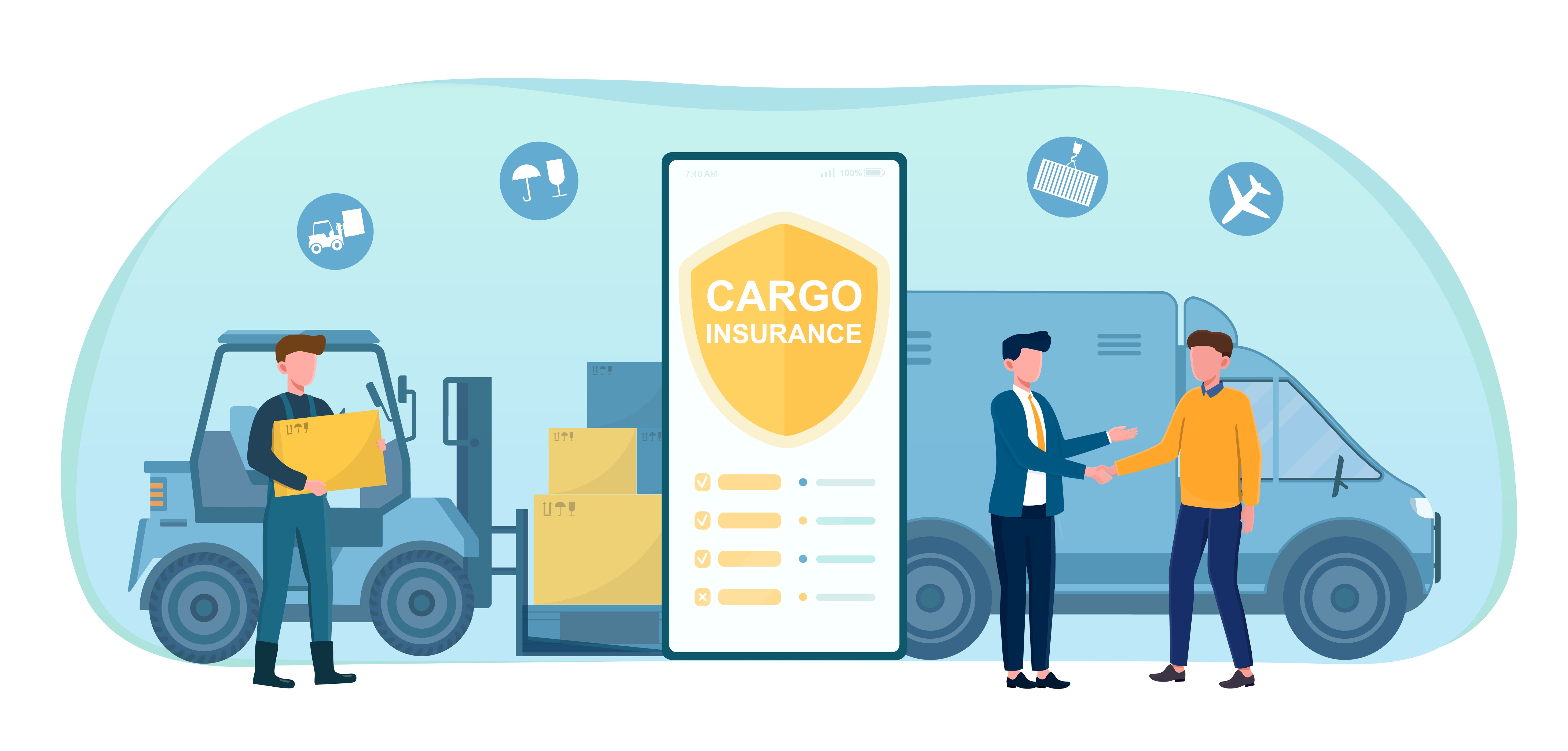
Top Reasons You Need A Cargo Insurance
30 Aug, 2023
Benefits of Customs Bonded Warehousing
24 Jul, 2023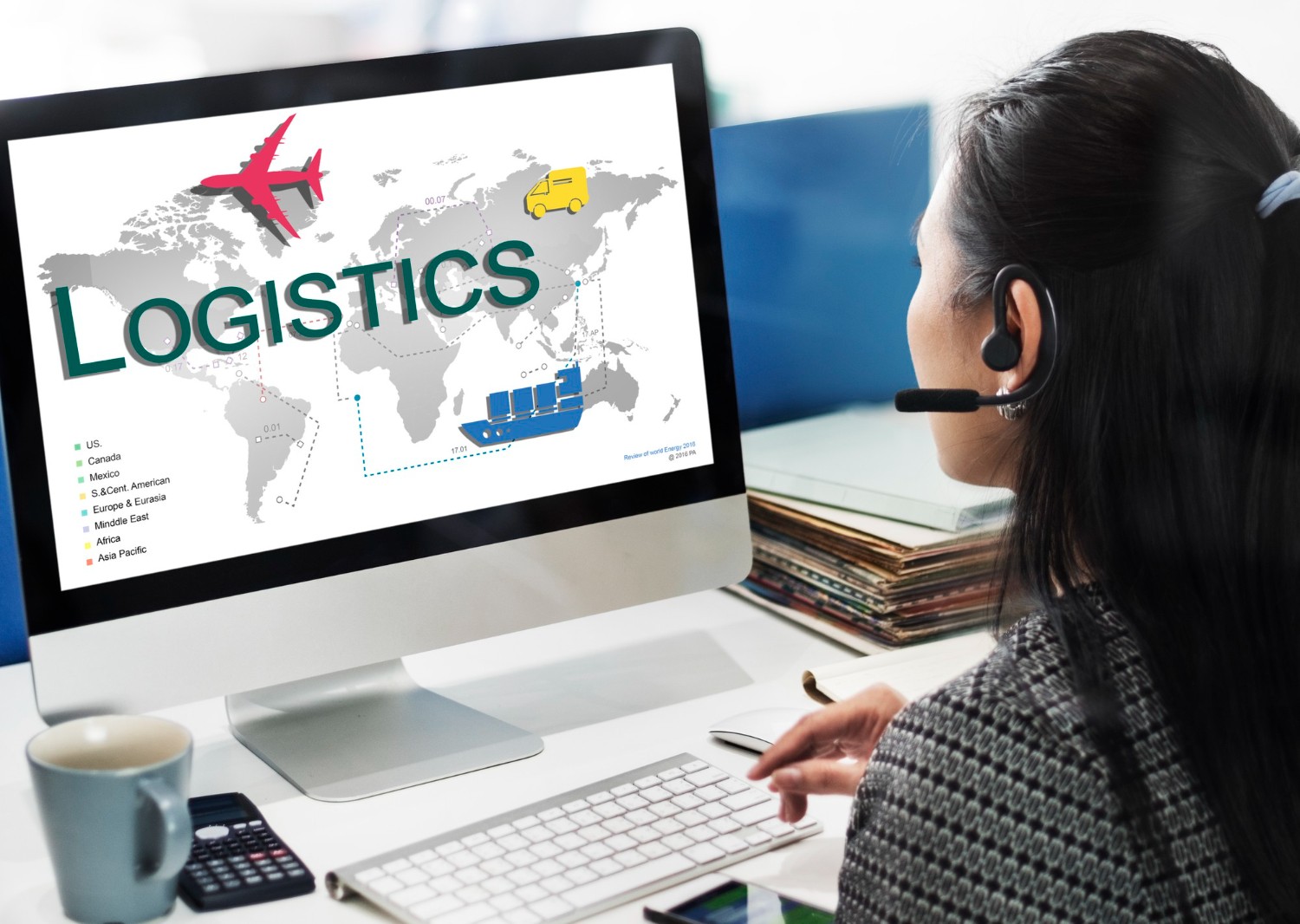
Benefits of Logistics Outsourcing
30 Jun, 2023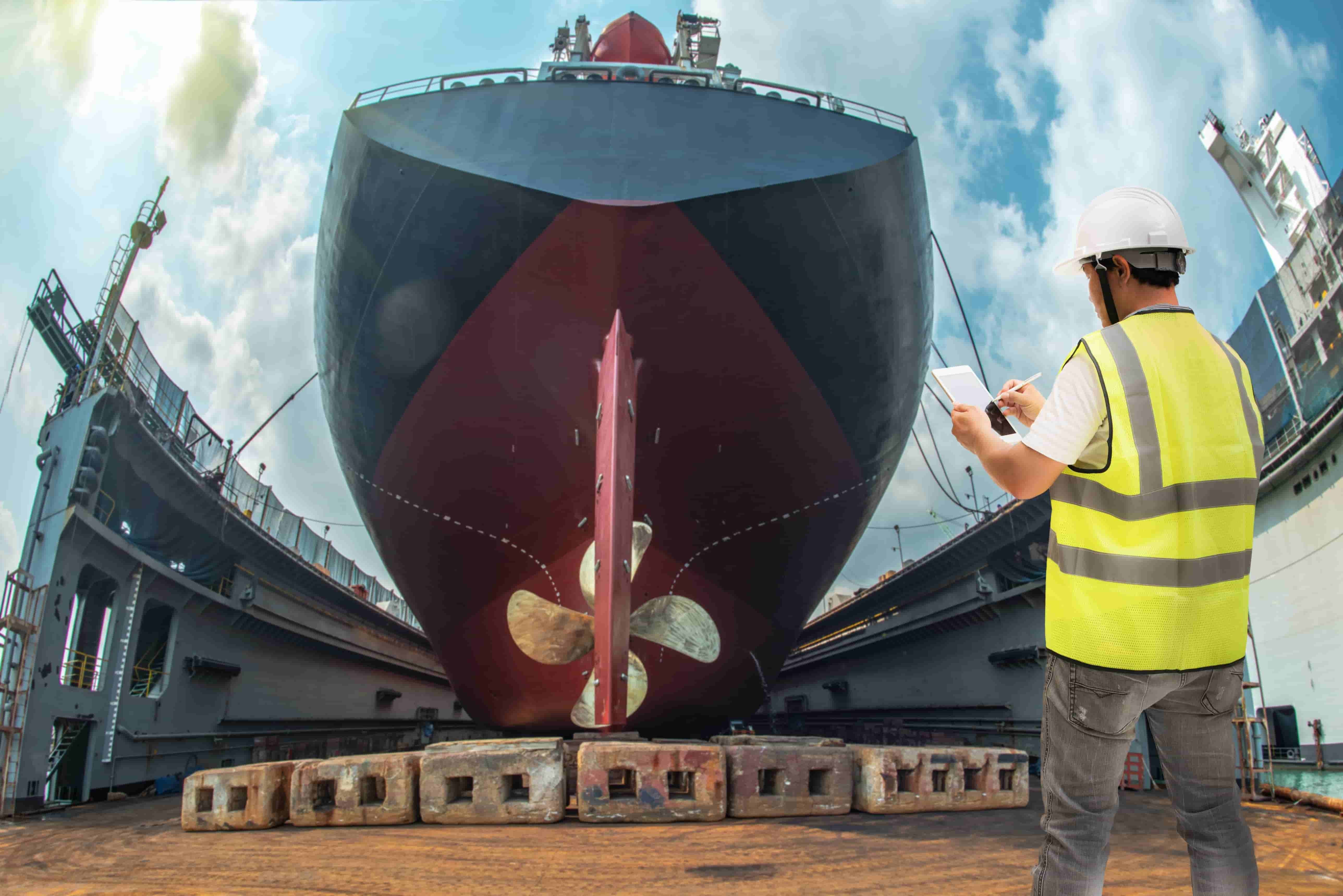
What is Dry Docking & Why Do Ships Do It?
30 May, 2023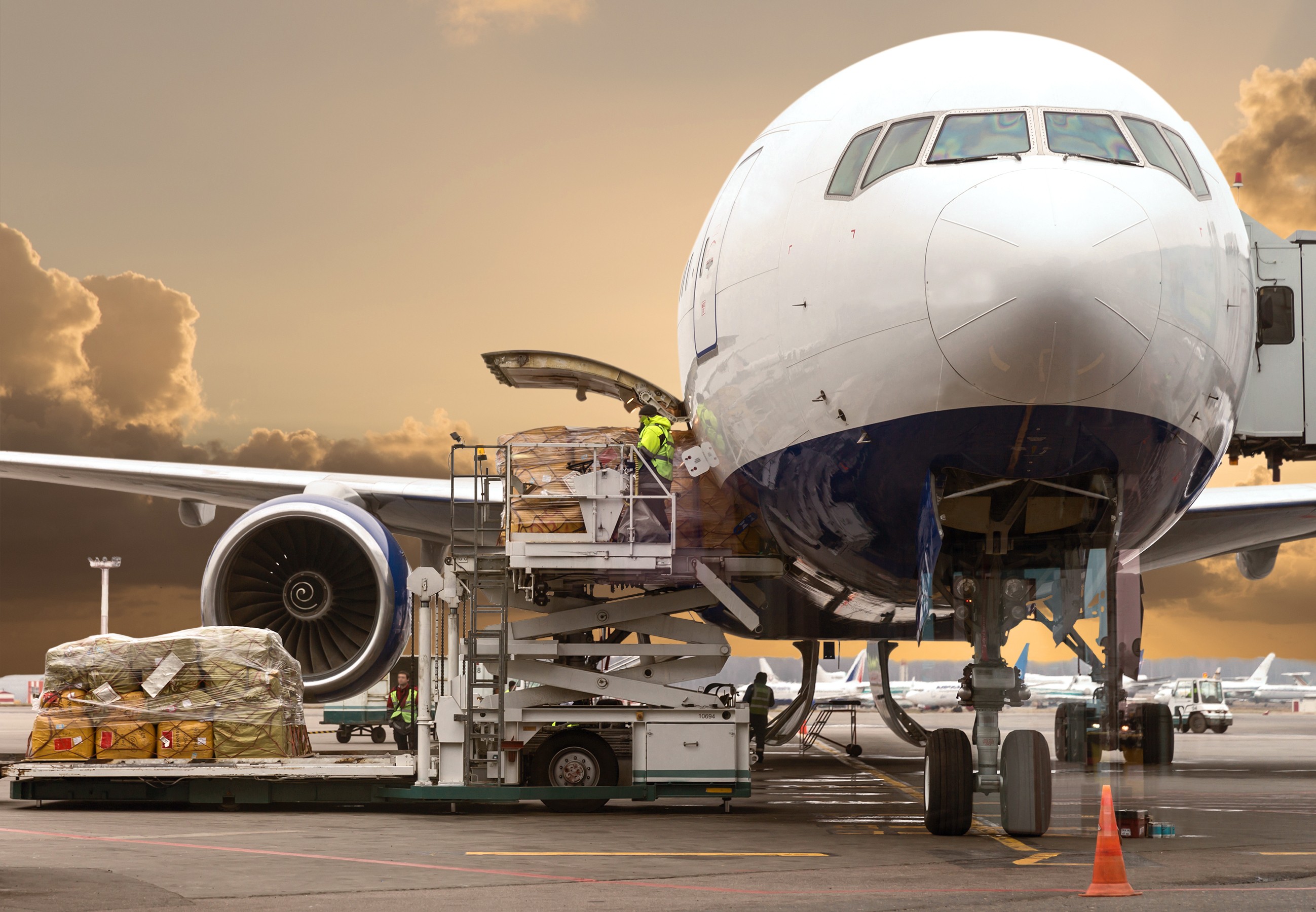
All You Need to Know About Air Freight
16 May, 2023
Ways Carriers Benefit from Contract Logistics
25 Apr, 2023
Pros and Cons of Contract Warehousing
27 Mar, 2023641c5faf72d6a.jpg)
Advantages of Freight Consolidation
23 Mar, 2023
All You Need to Know About Freight Charges
27 Feb, 2023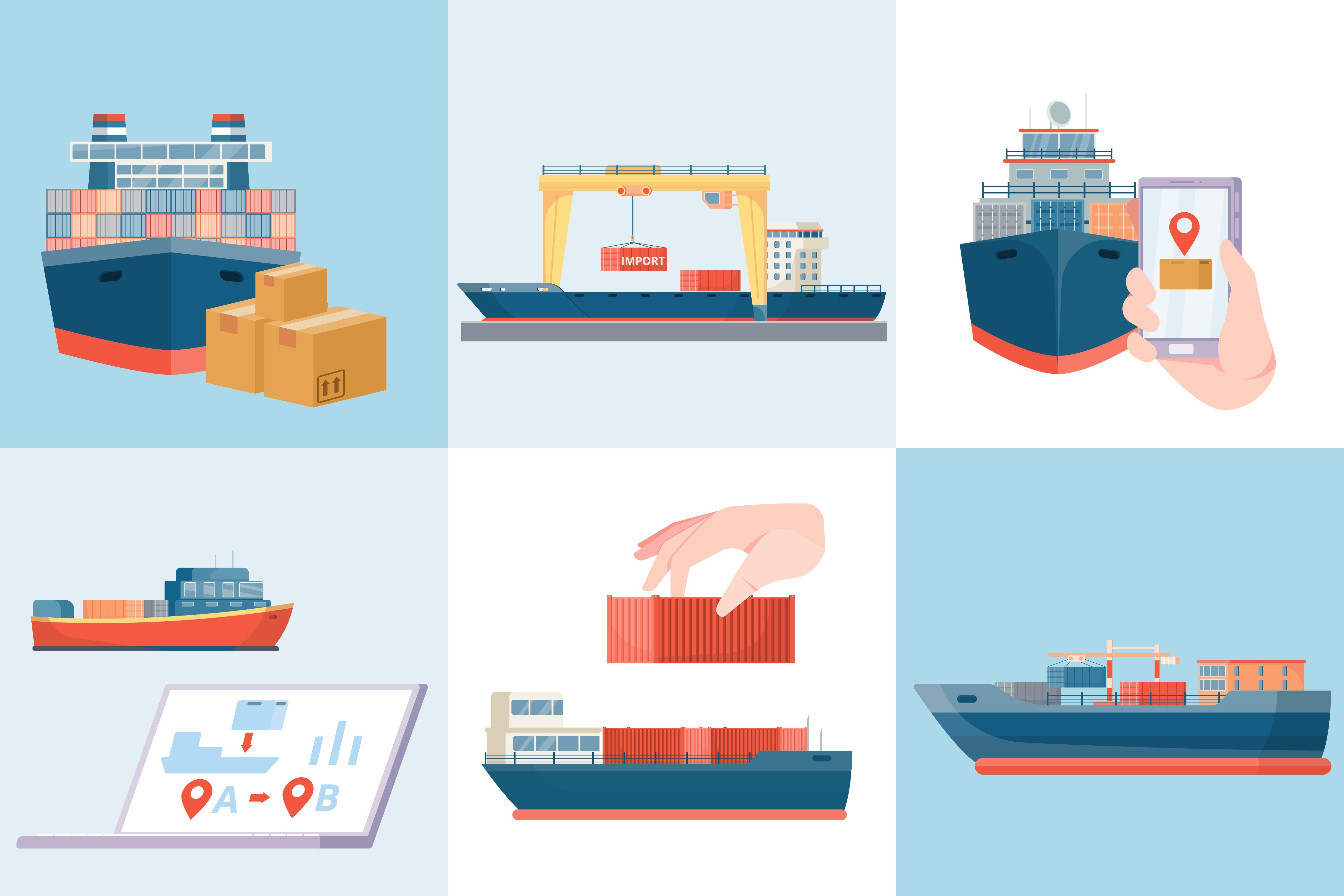
How to Find A Good Freight Forwarder?
24 Jan, 2023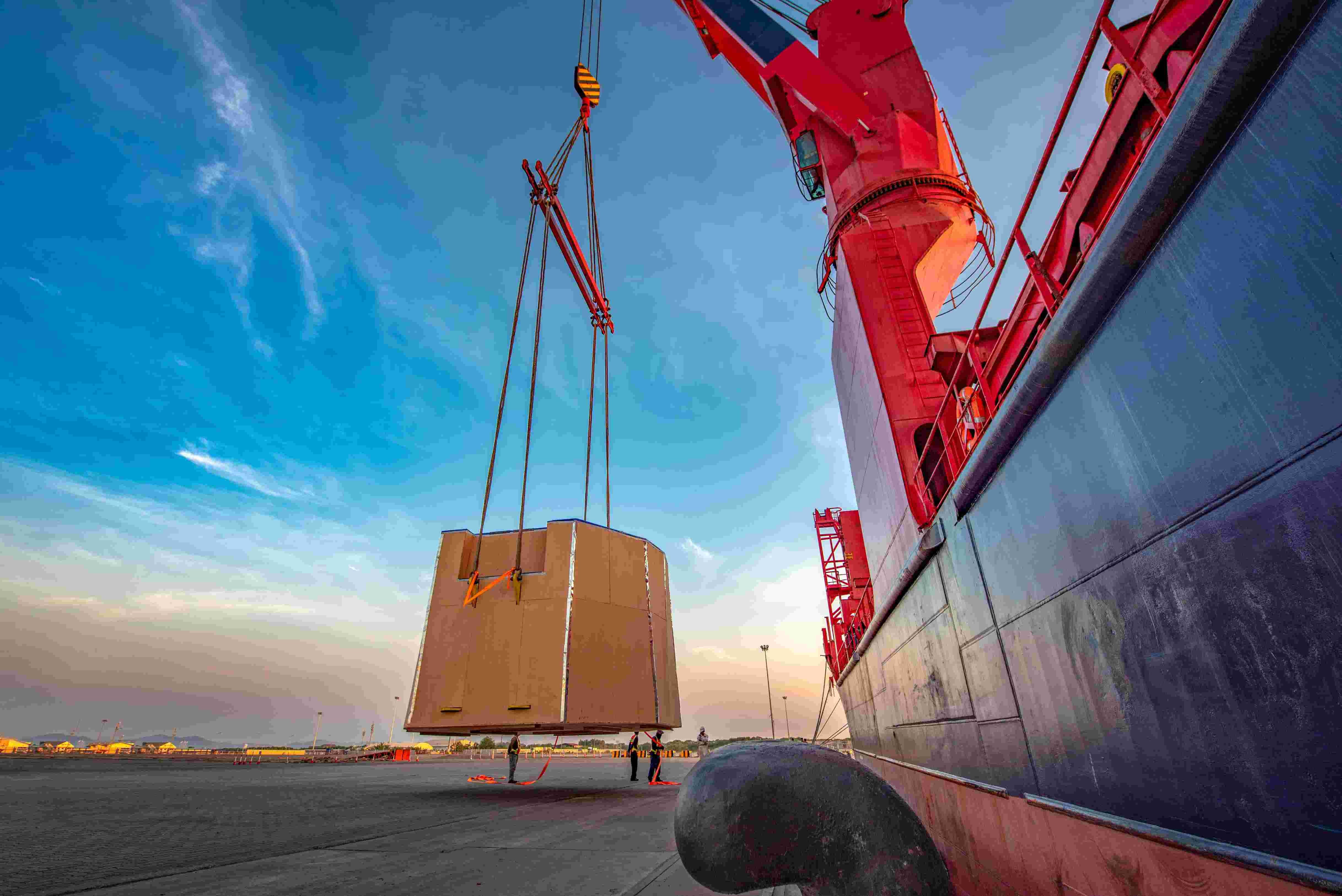
What is Project Cargo and How is it Transported?
07 Nov, 2022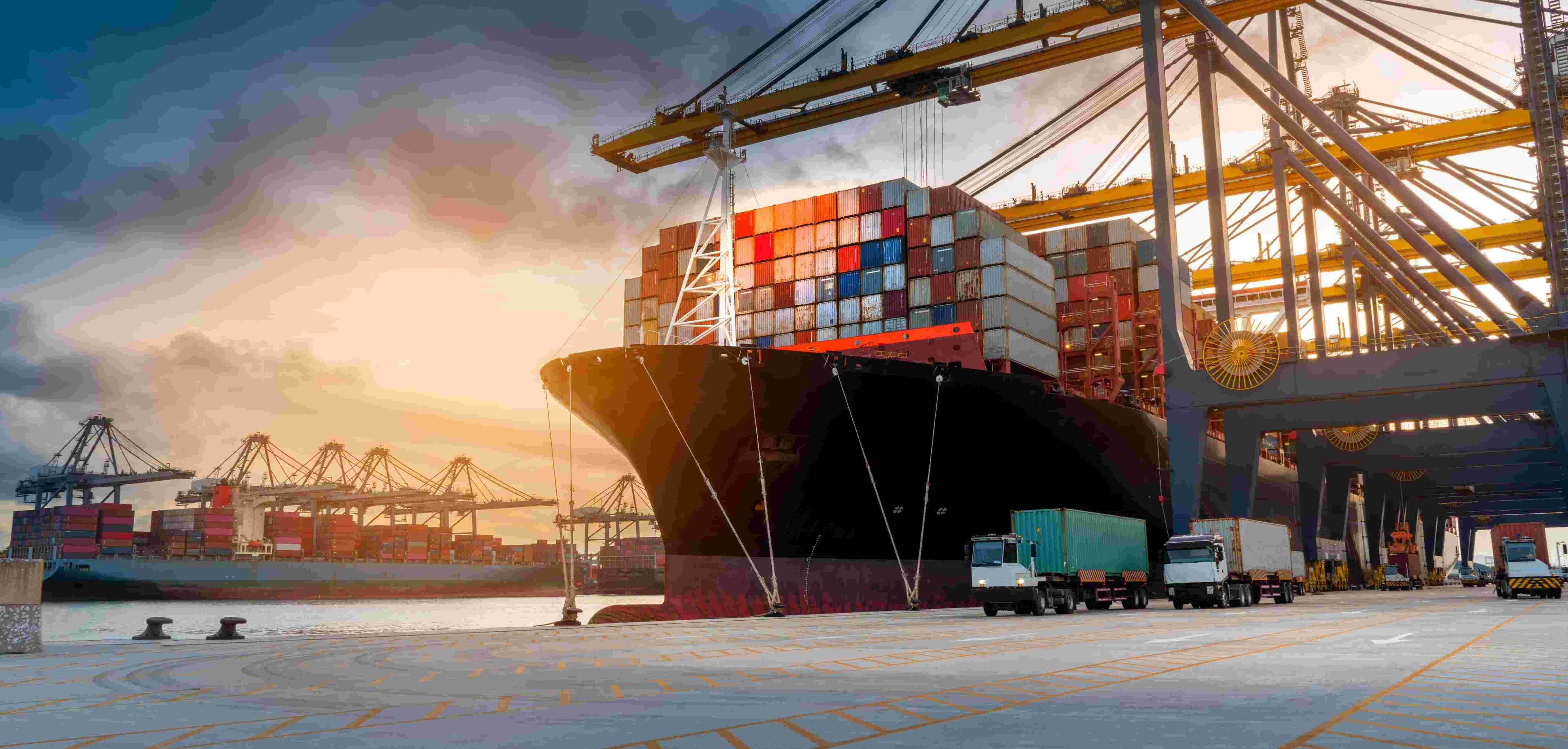
How International Ocean Freight Shipping Works
25 Oct, 2022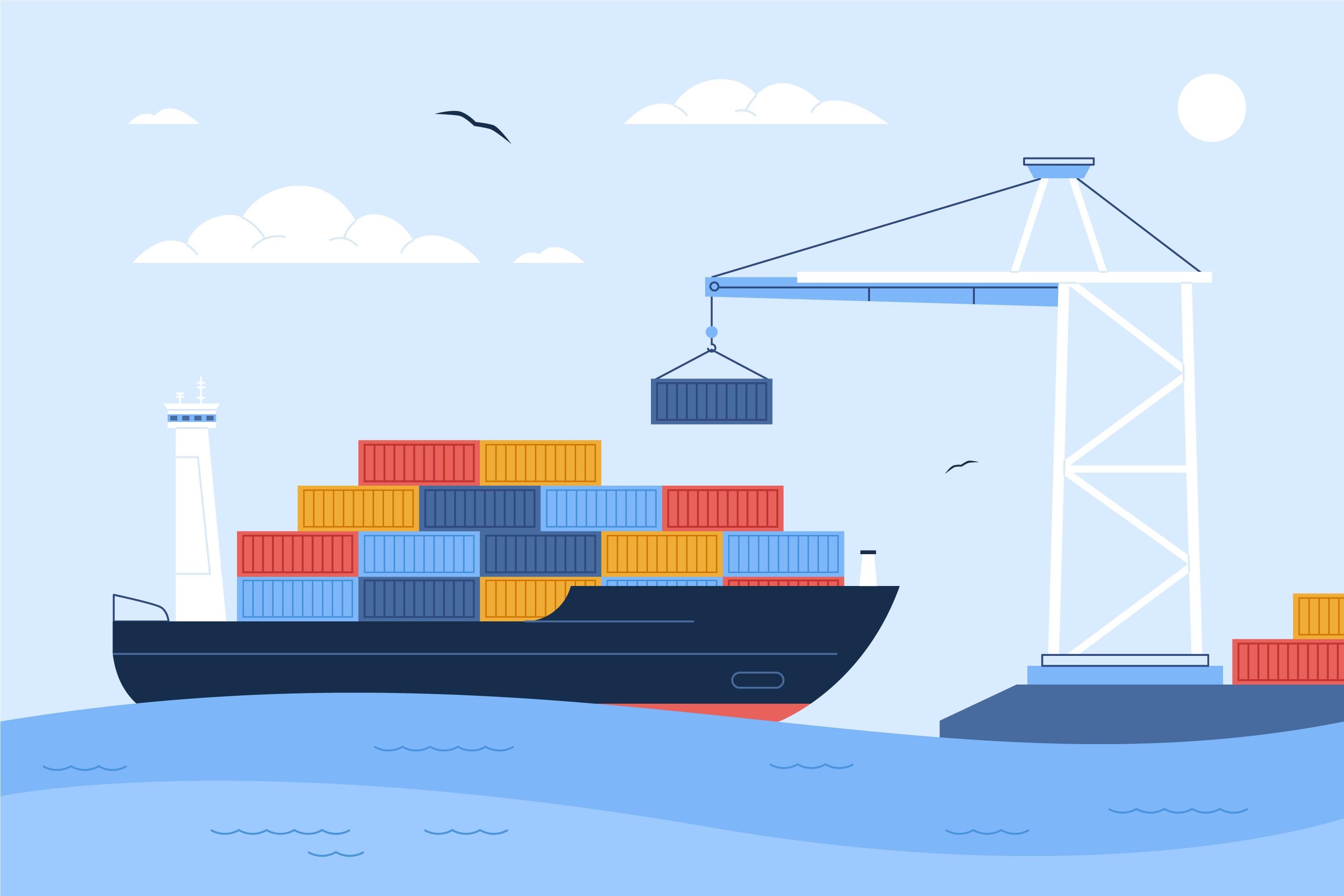
How does LCL shipping work?
26 Sep, 2022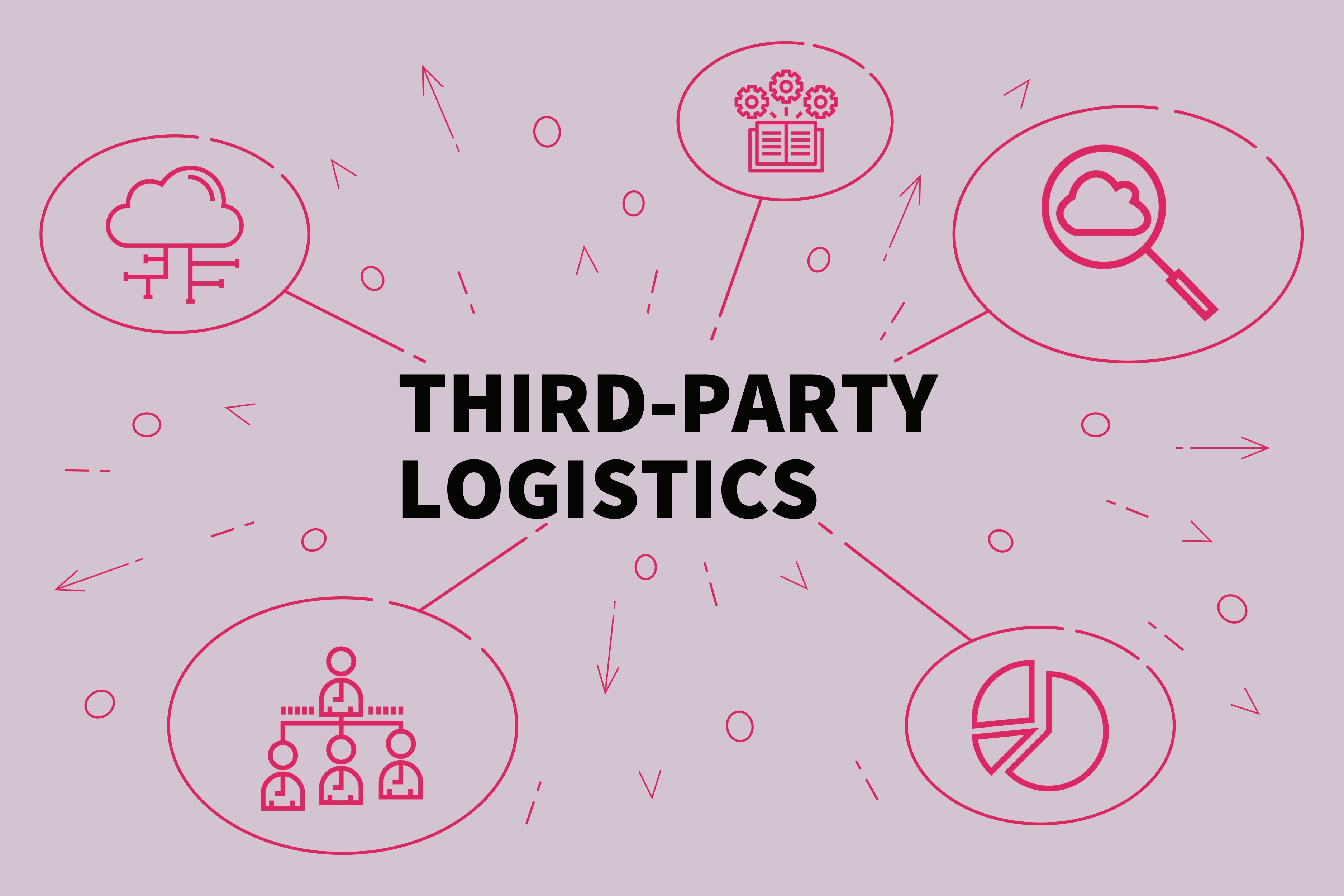
8 Ways to Optimize Your 3PL Relationship
22 Sep, 2022
Benefits Of Using An Outsourced Warehouse
22 Aug, 2022
Importance of Cargo Insurance
30 Jul, 2022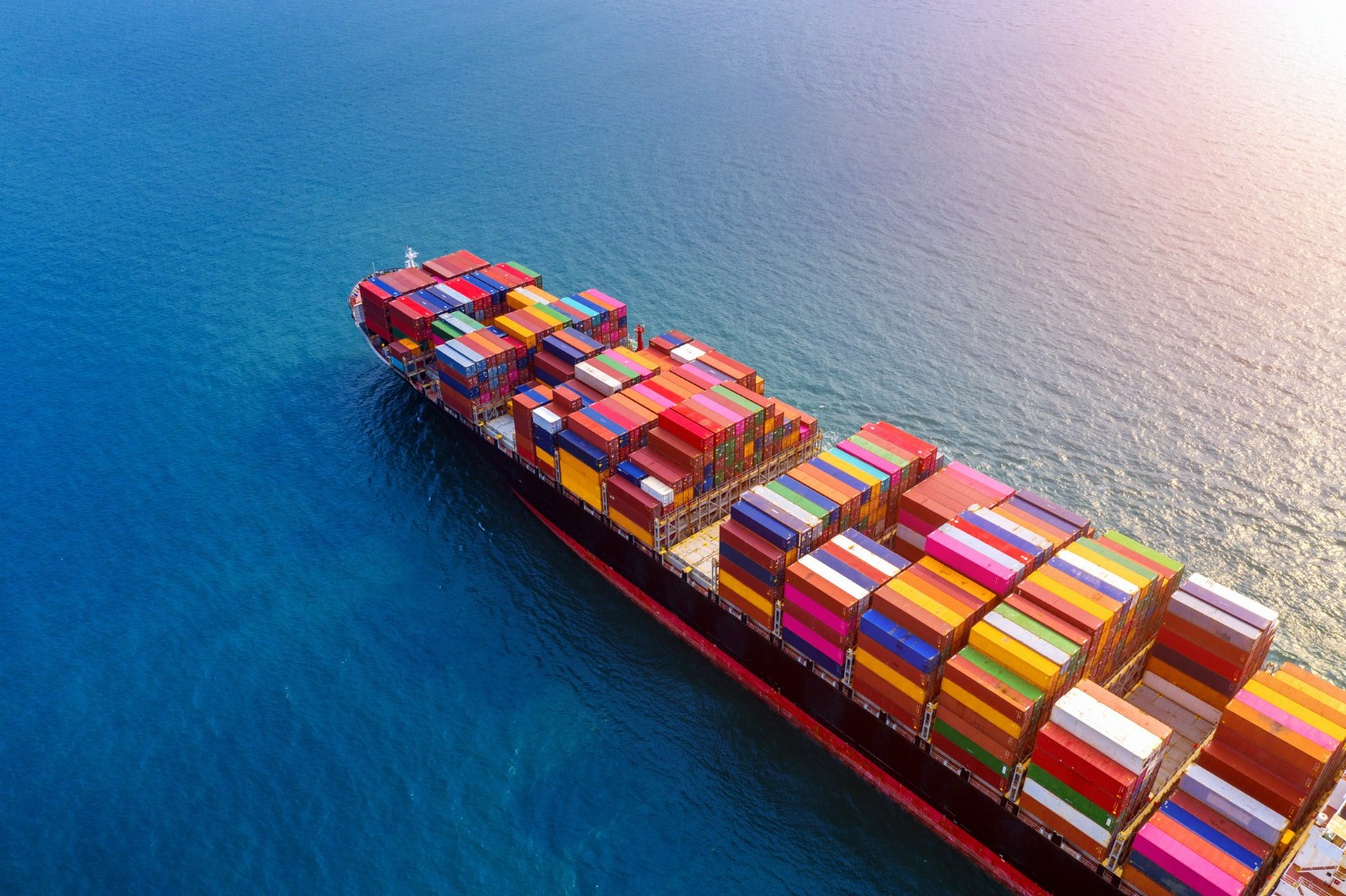
Top 10 Benefits of Ocean Freight Shipping
22 Jun, 2022
LCL or FCL - Which is Right for Your Cargo?
26 May, 2022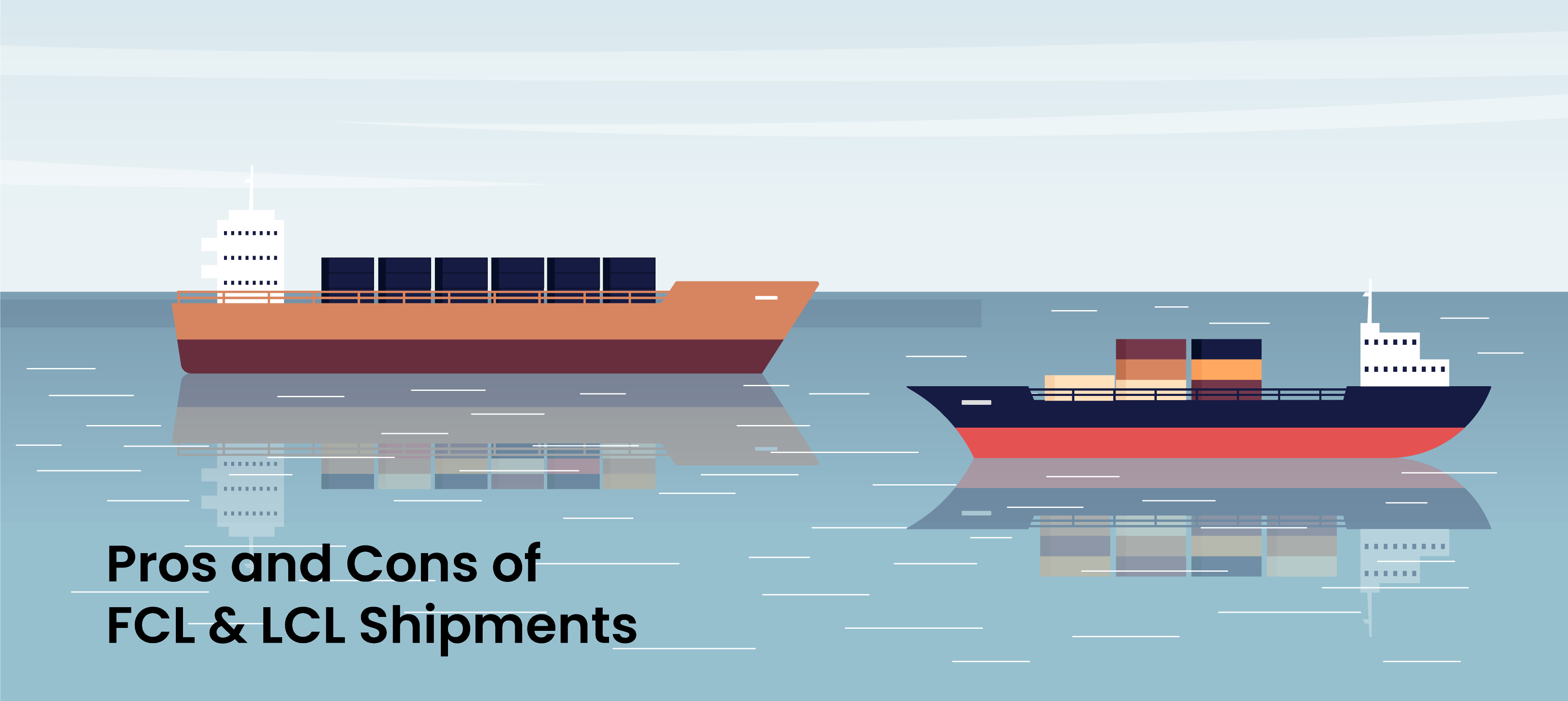
Pros and Cons of FCL & LCL Shipments
21 May, 2022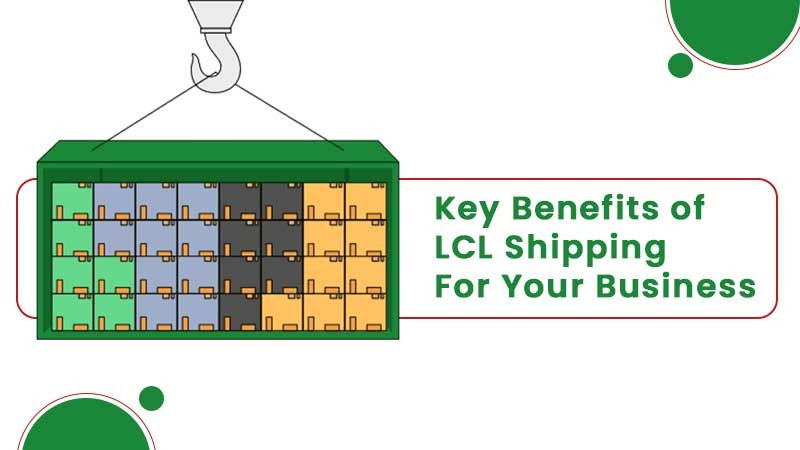
Key Benefits of LCL Shipping for Your Business
28 Jan, 2022

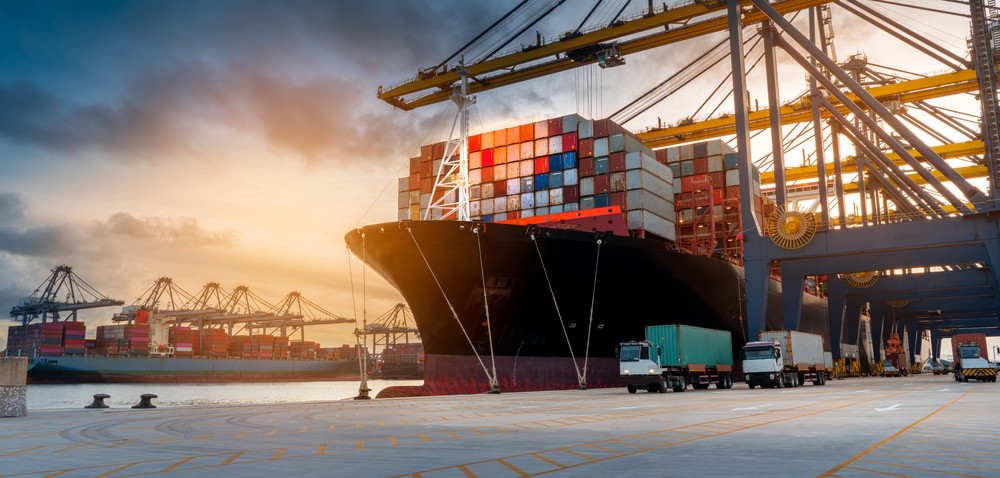
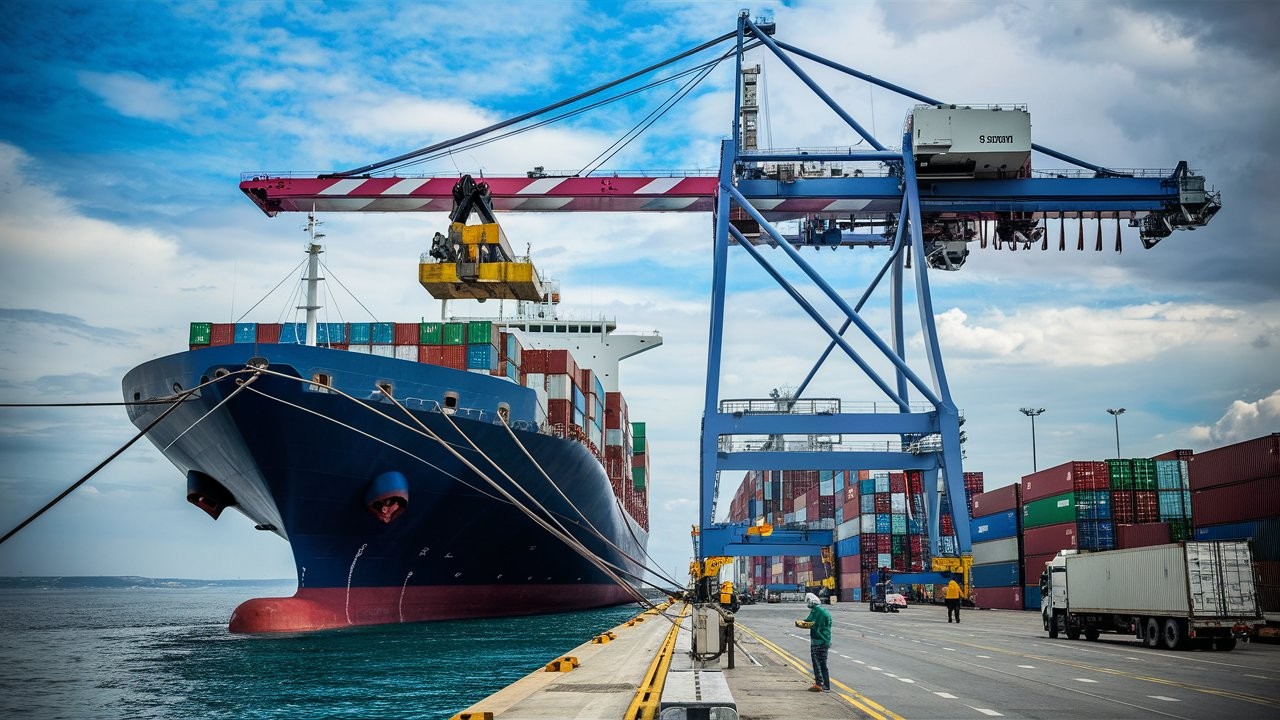
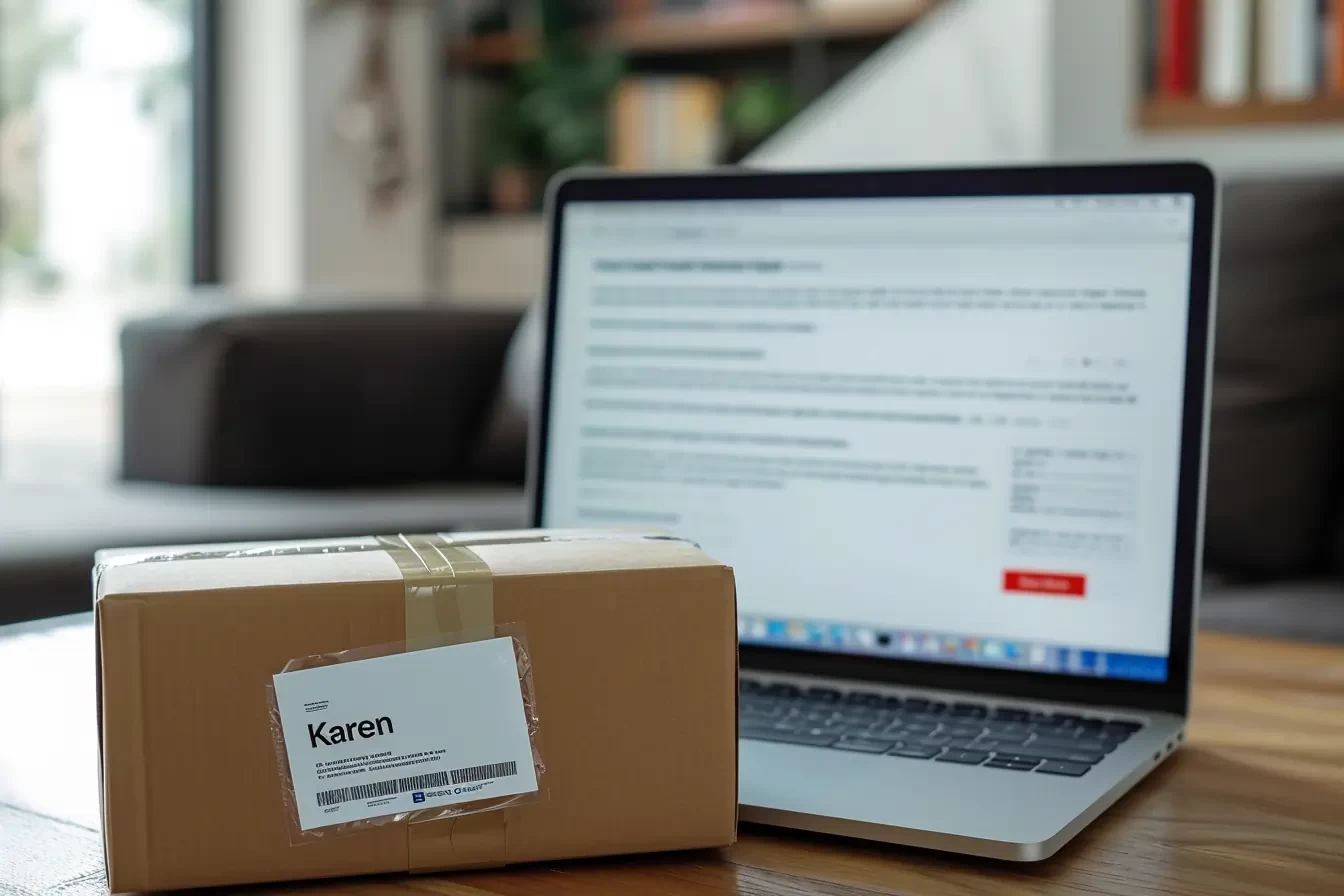
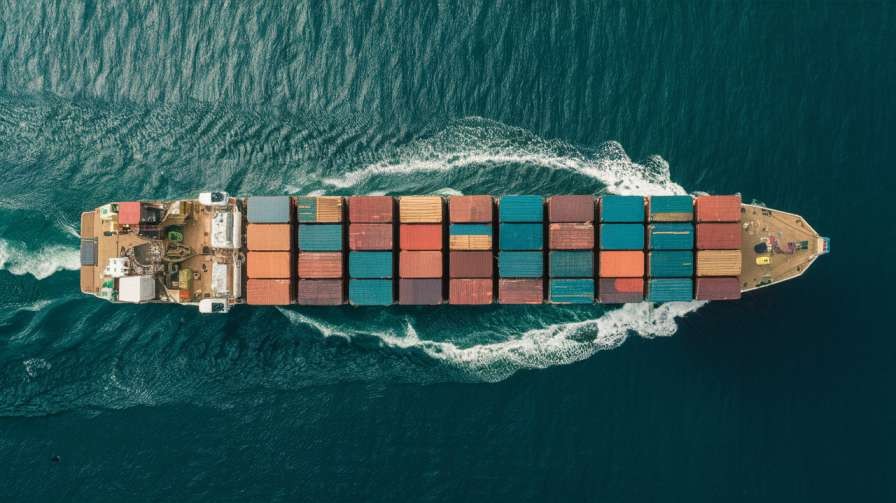
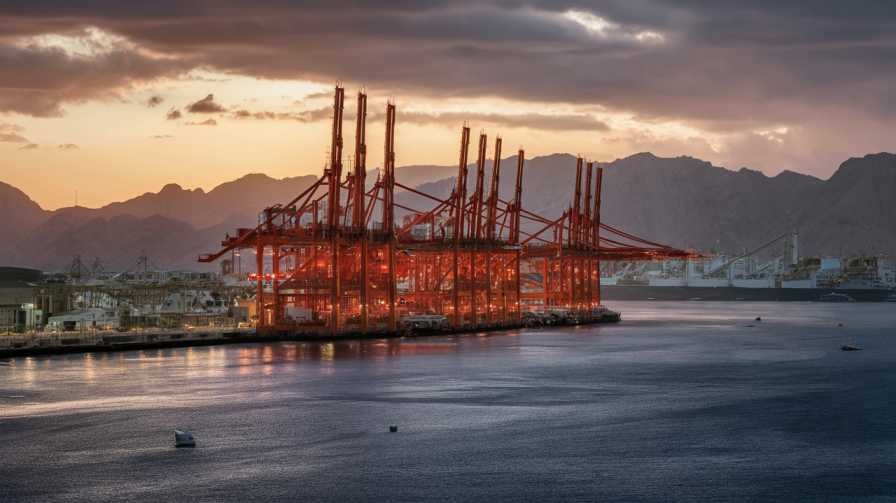
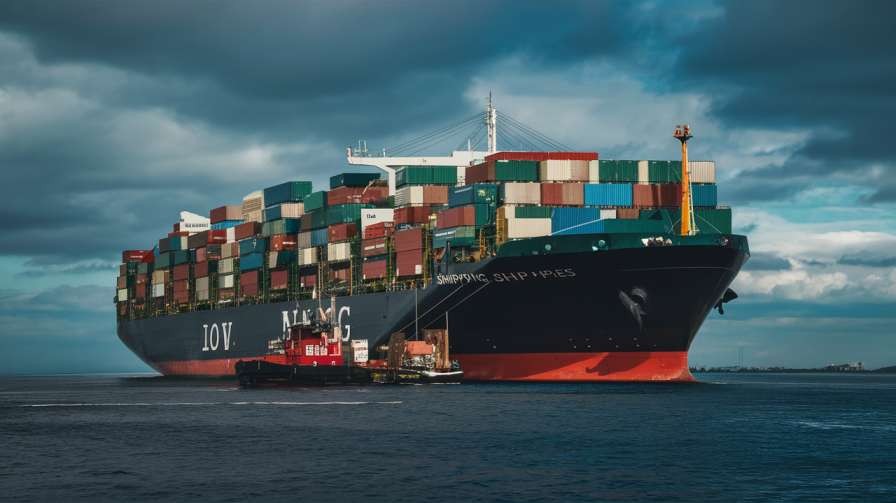
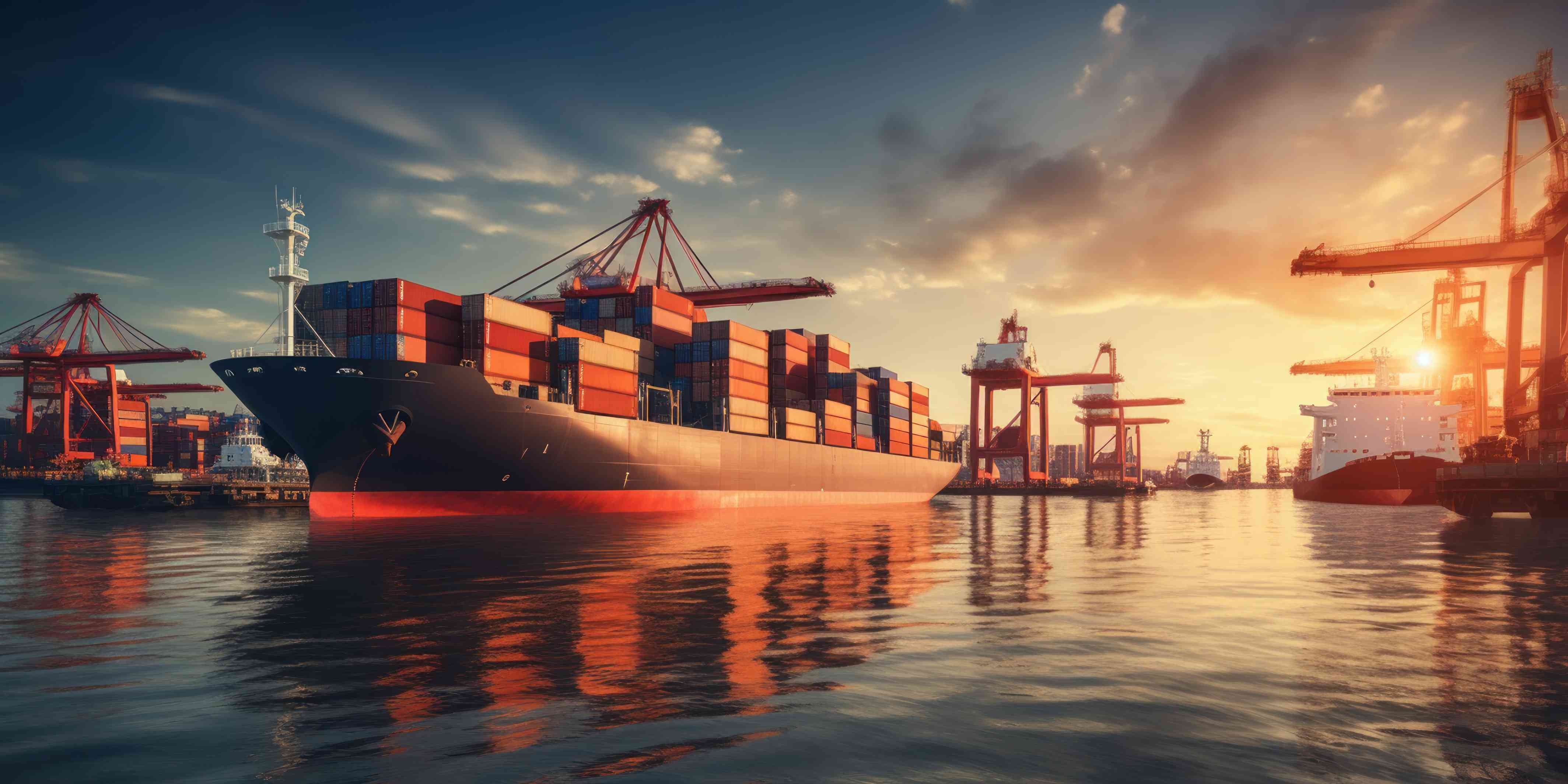

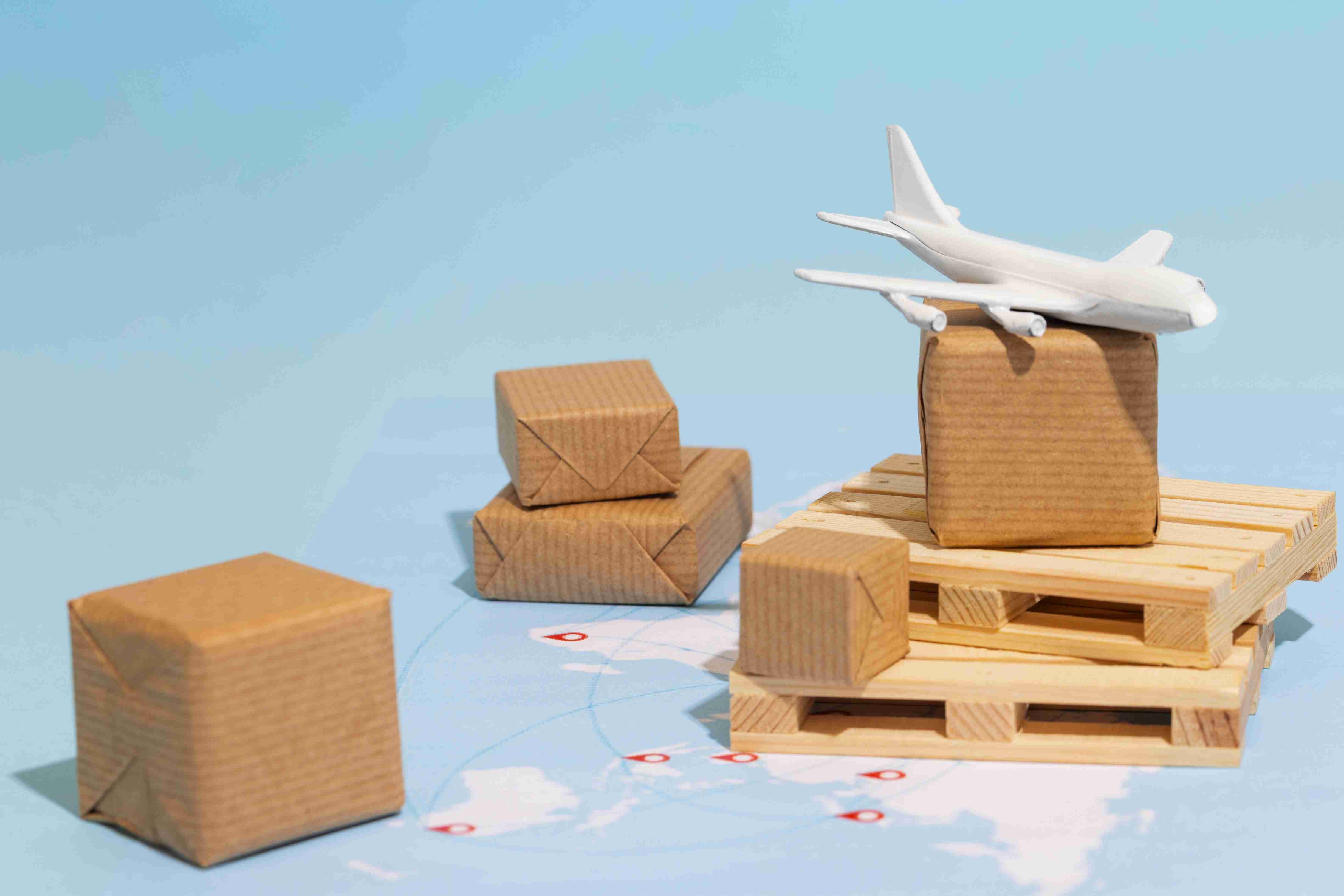
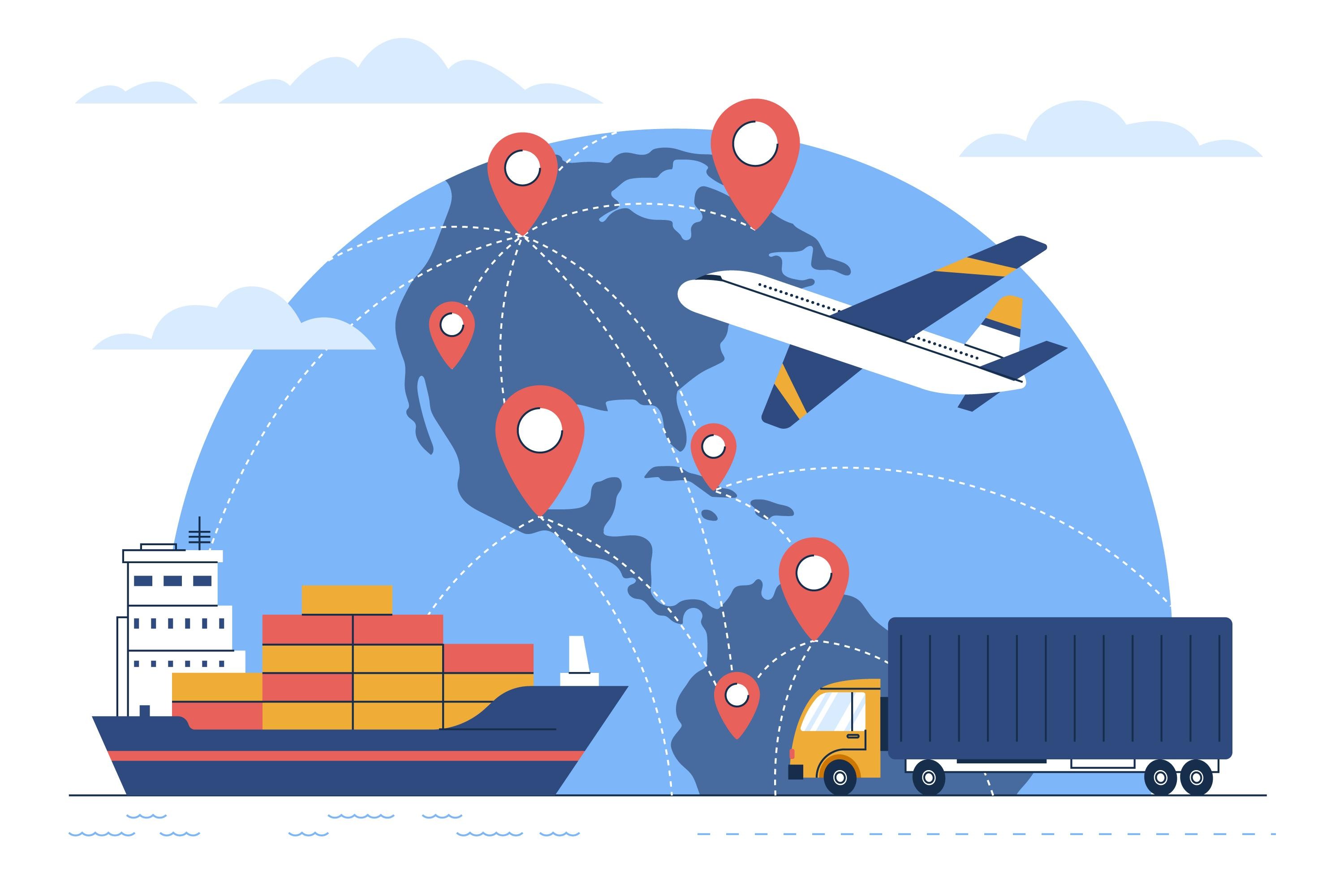


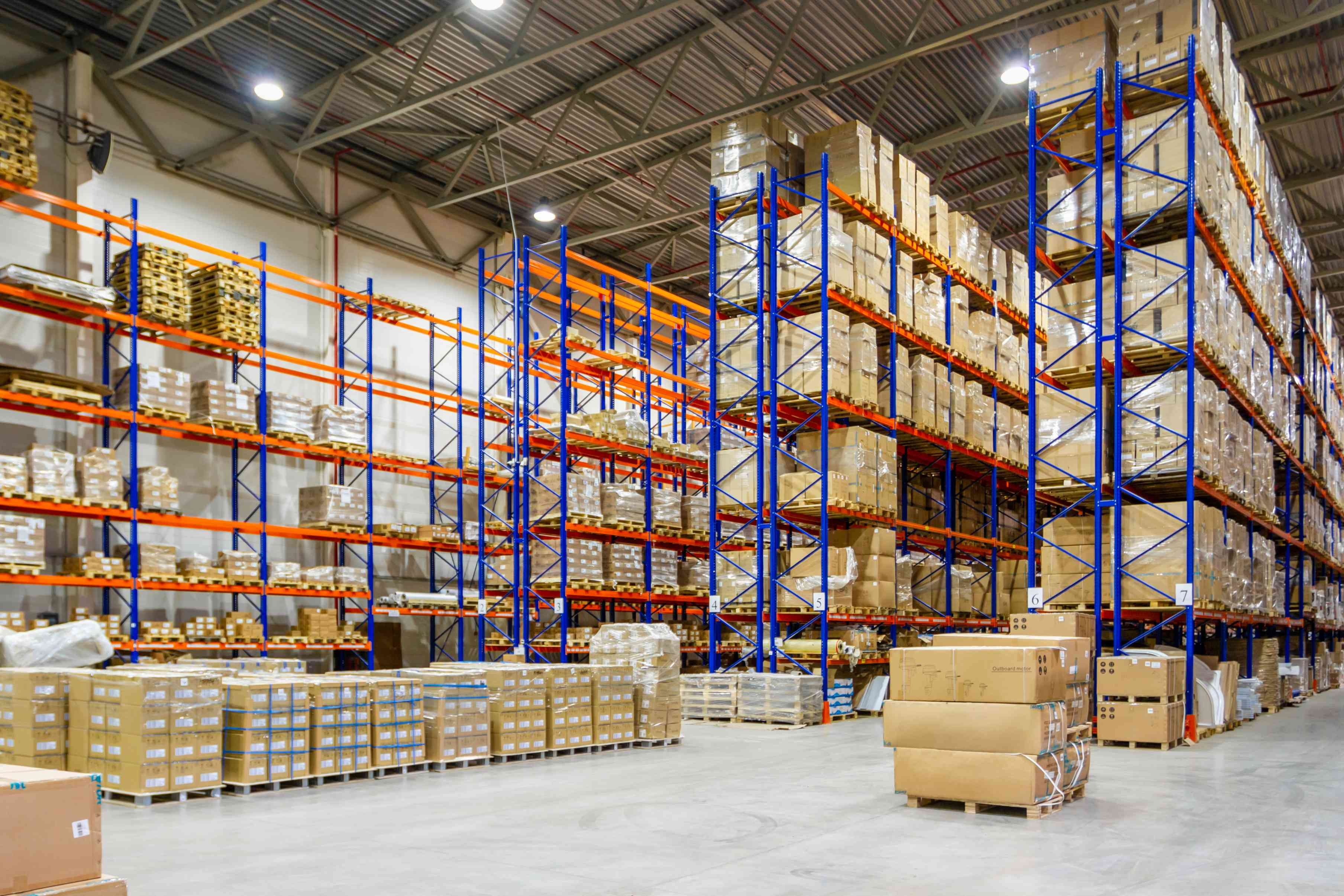
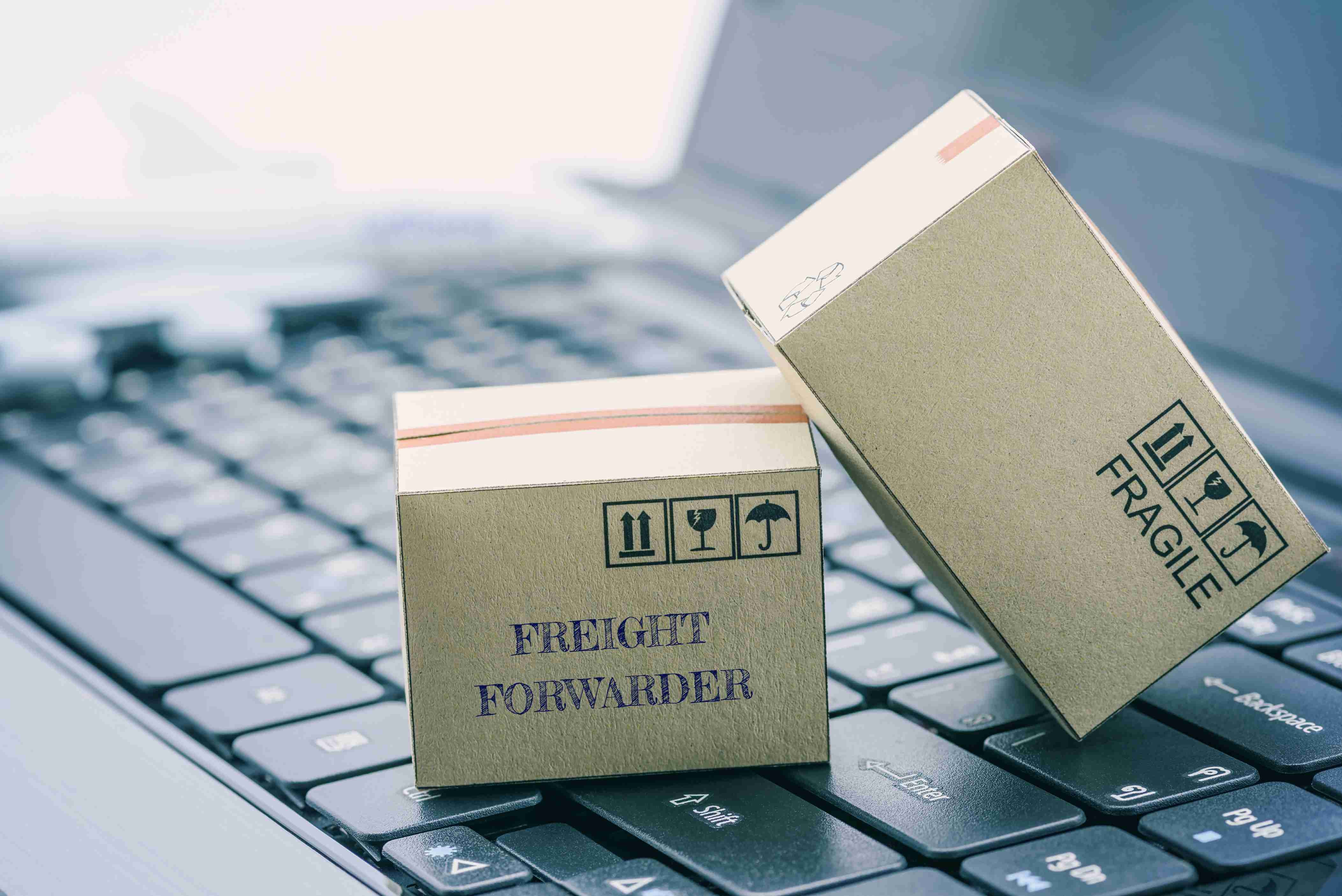
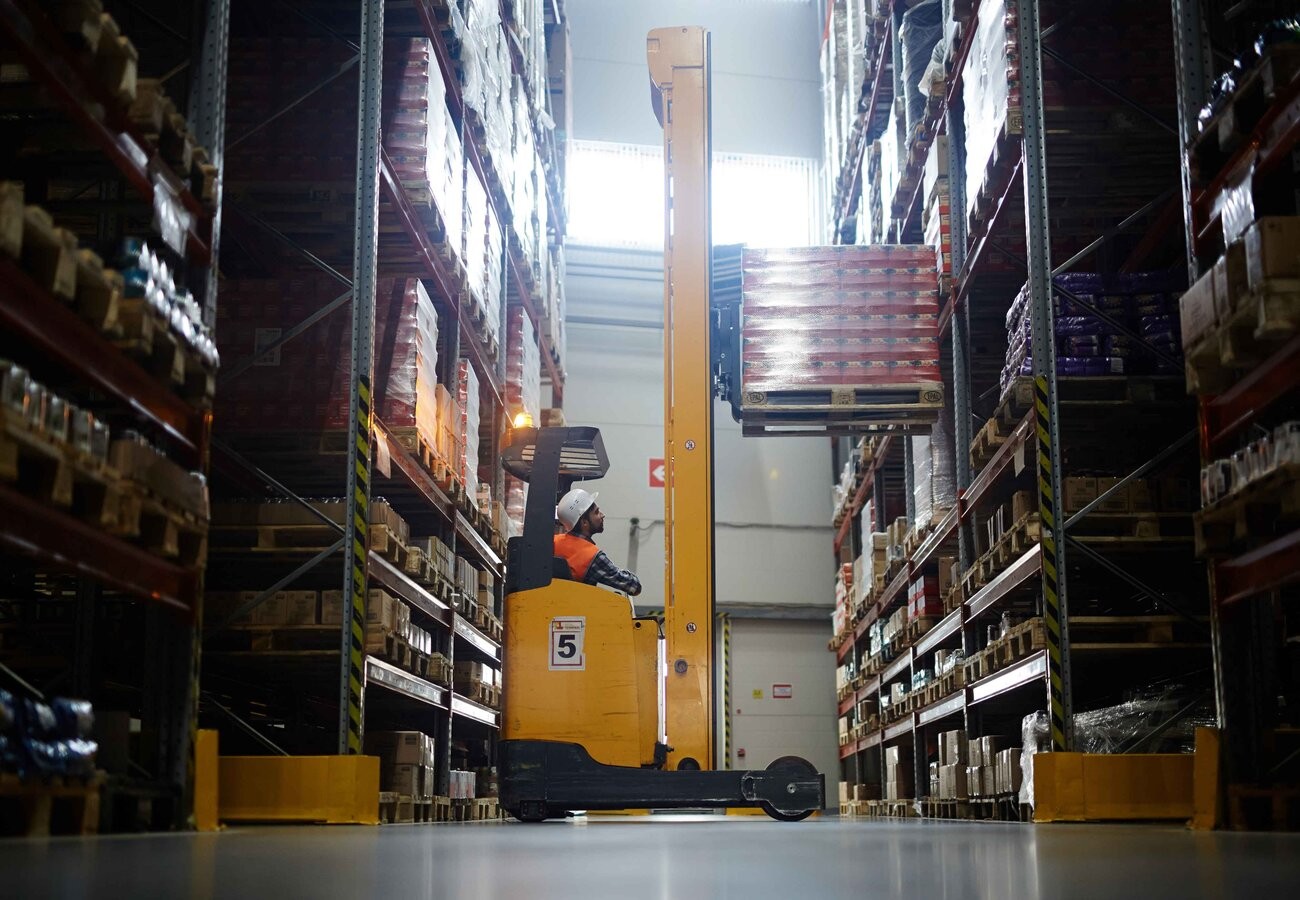
64ef6d522bd5d.jpg)
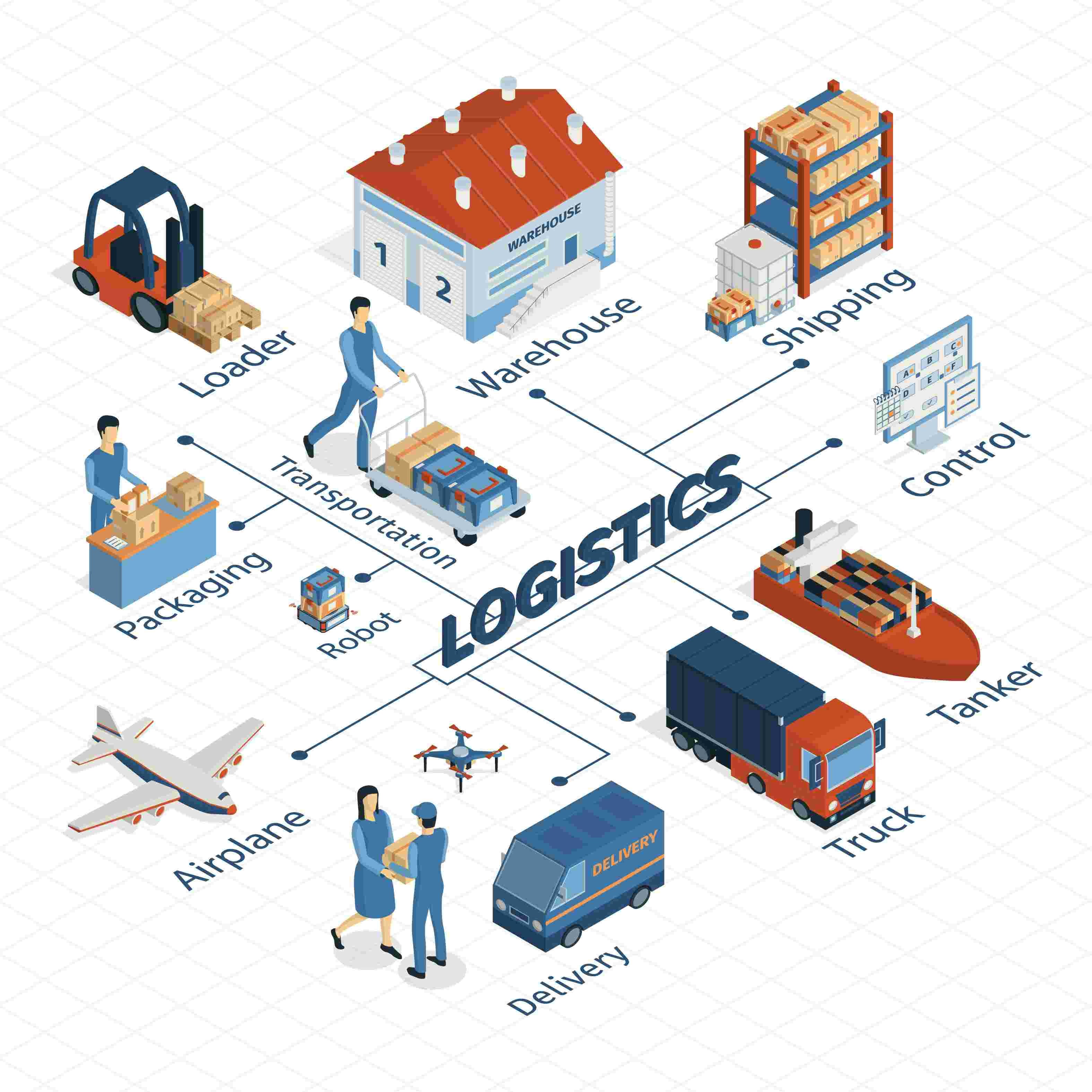
64a477953e86e.jpg)
643ff0cfeaf4e.jpg)
63fcb9023ba5f.jpg)
63d94f83c4432.jpg)
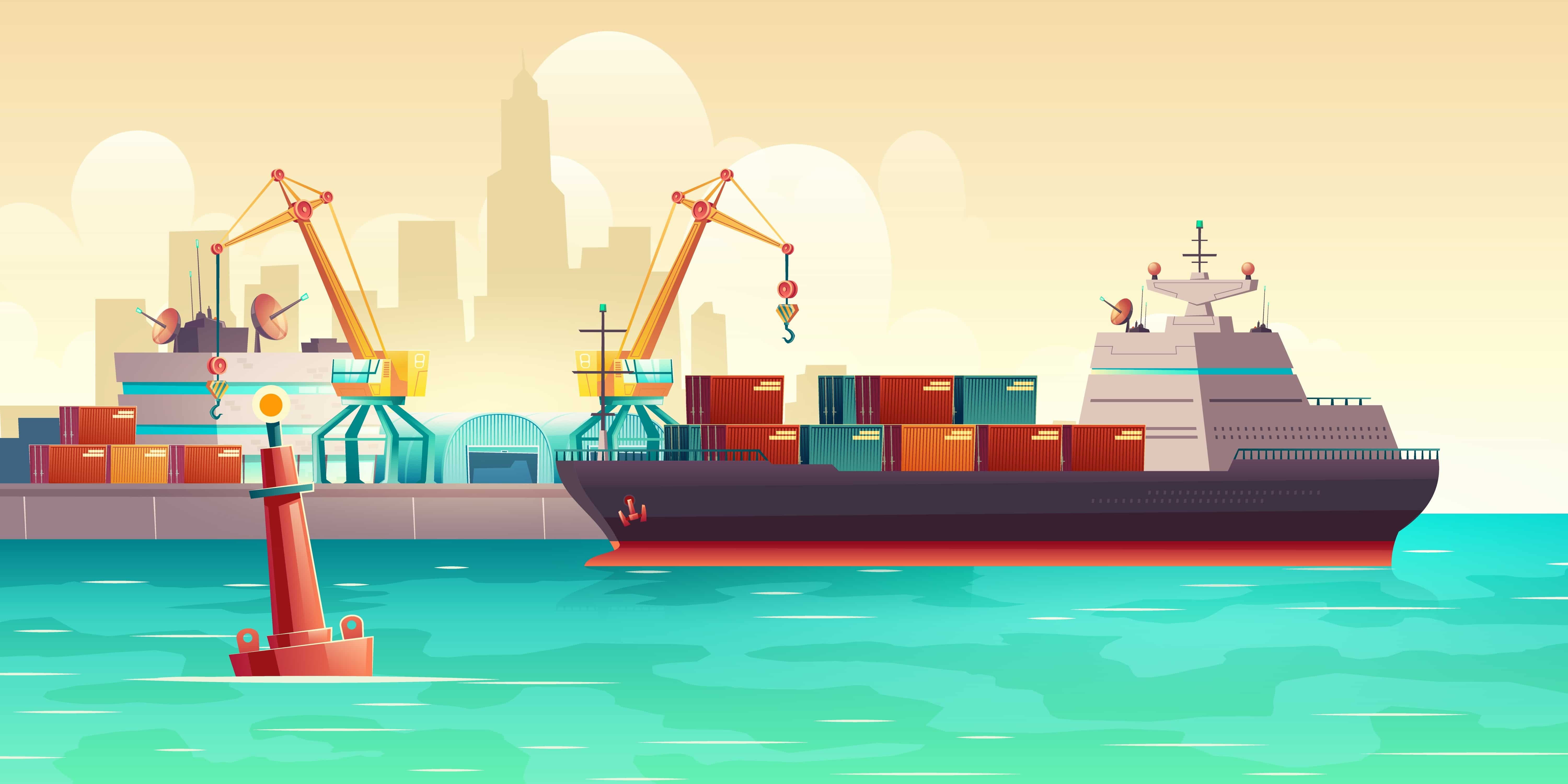

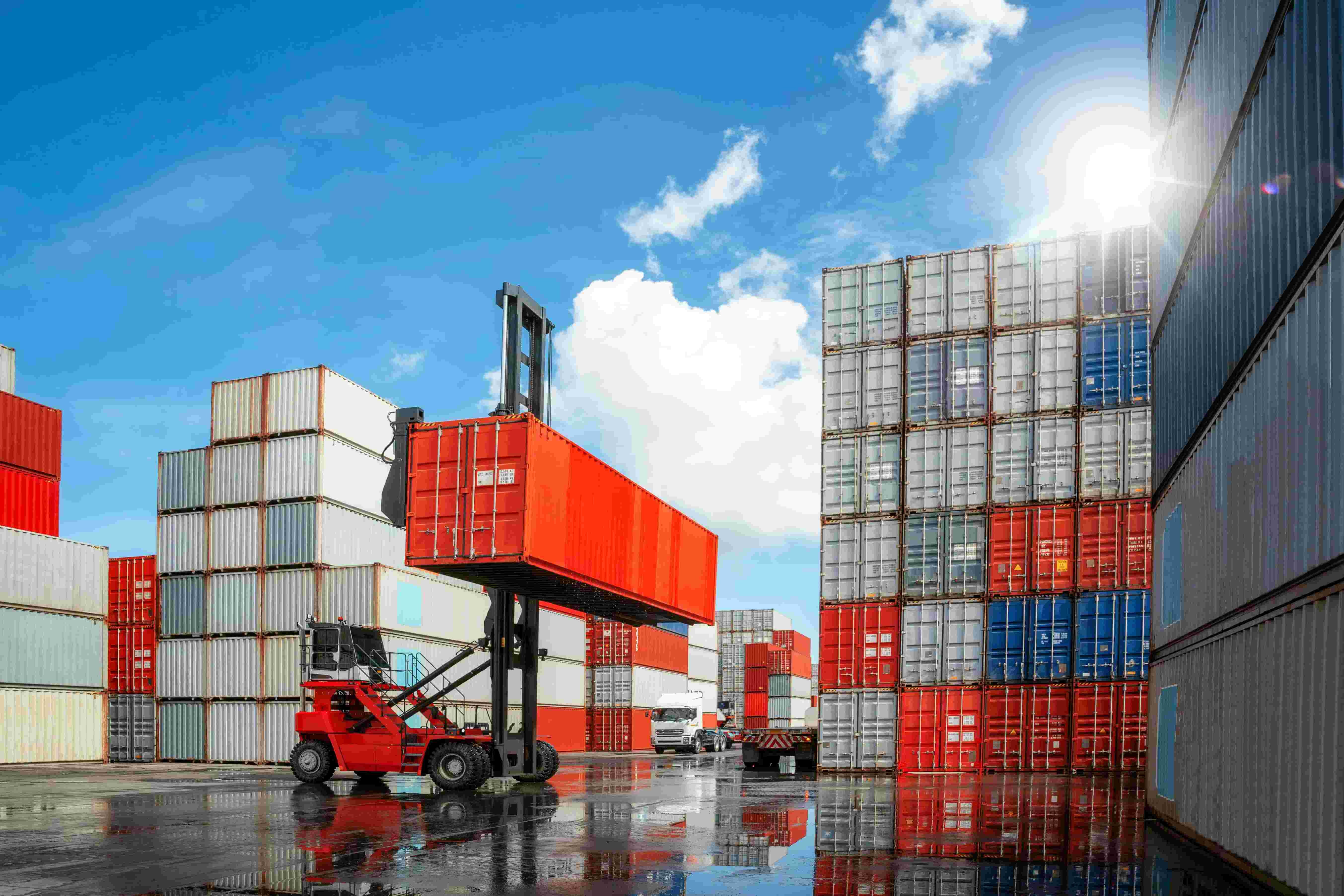
637611972635b.jpg)
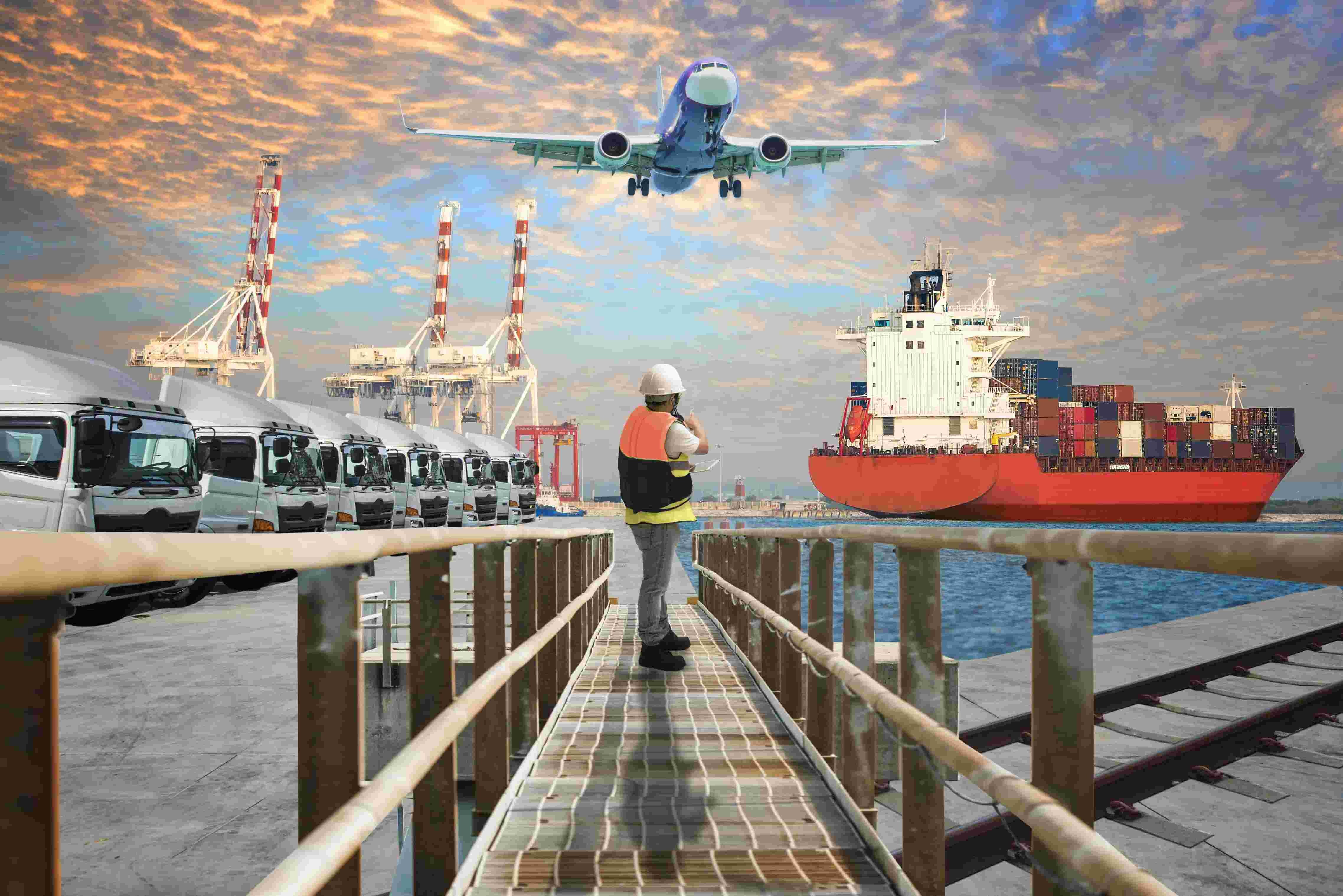
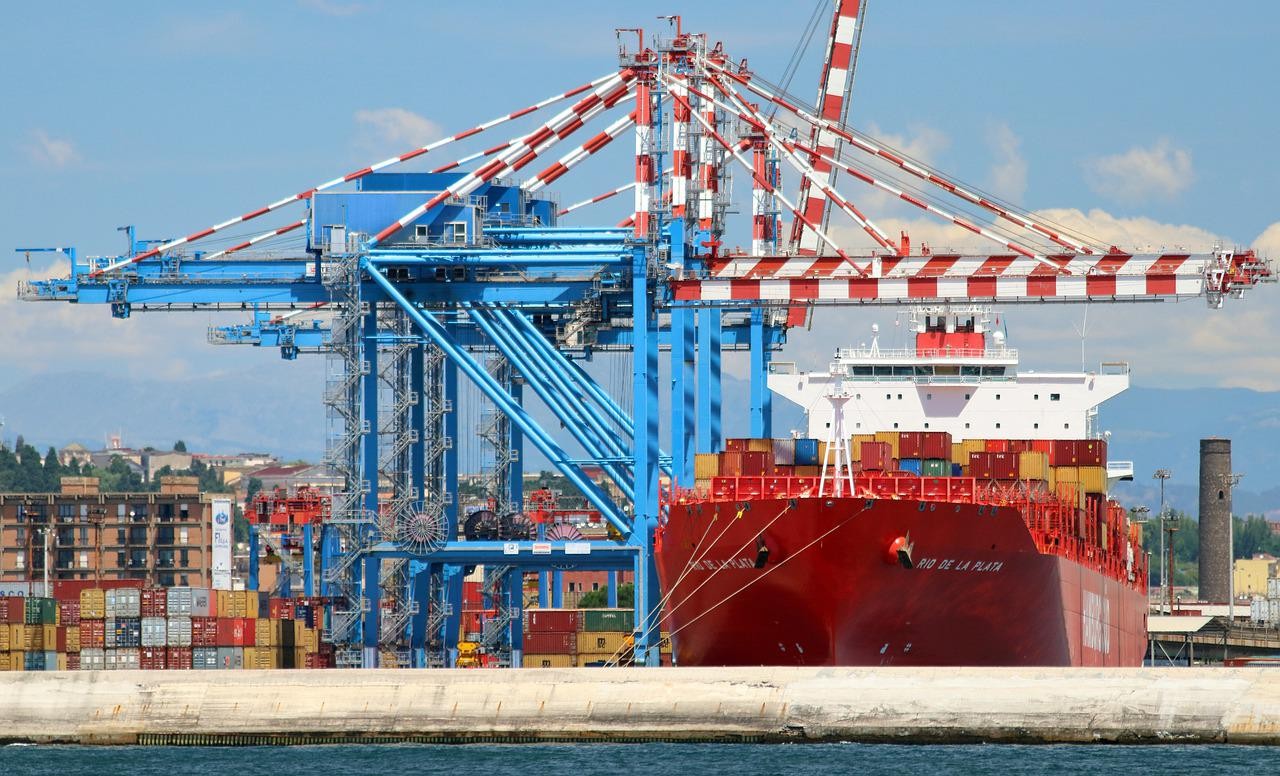

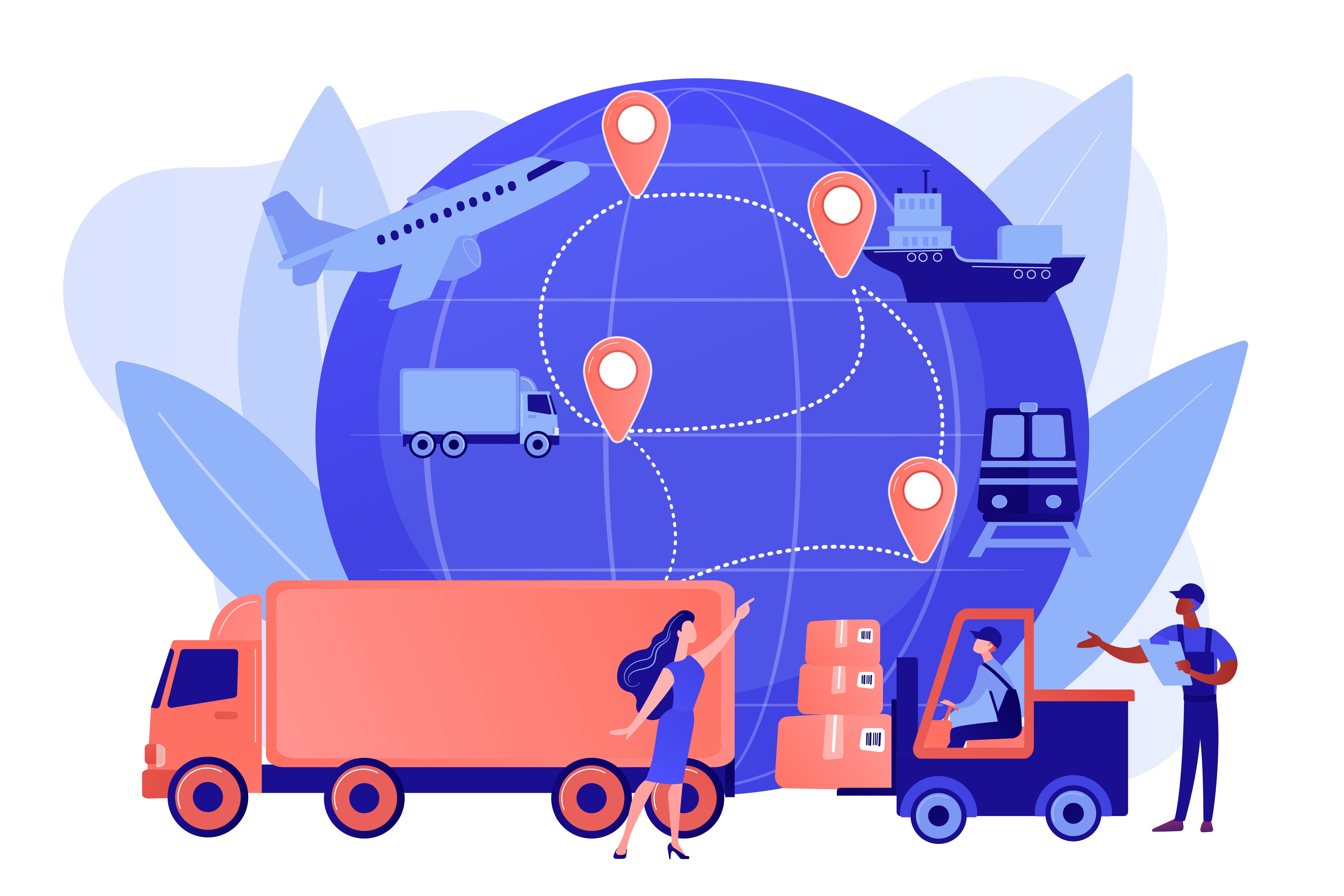
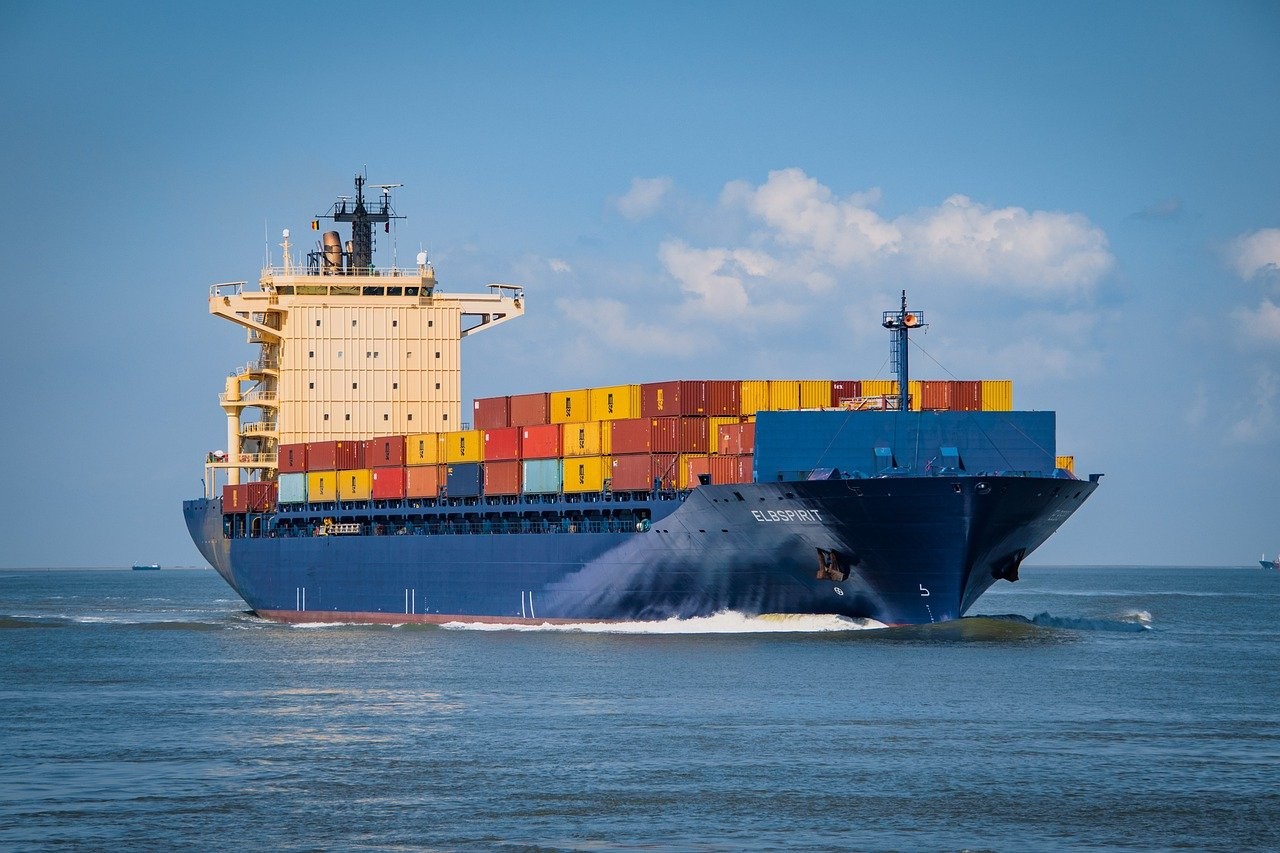
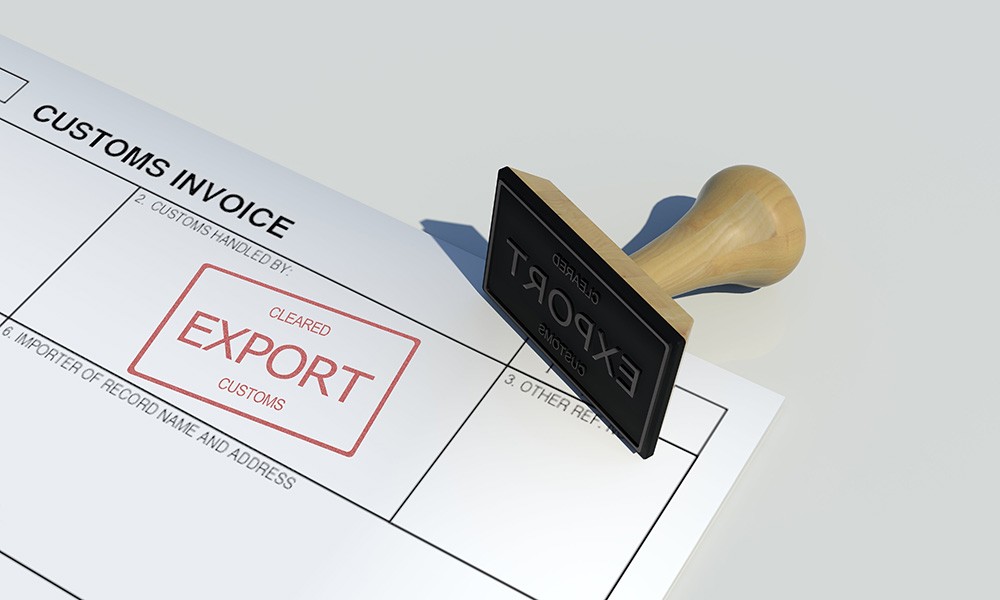
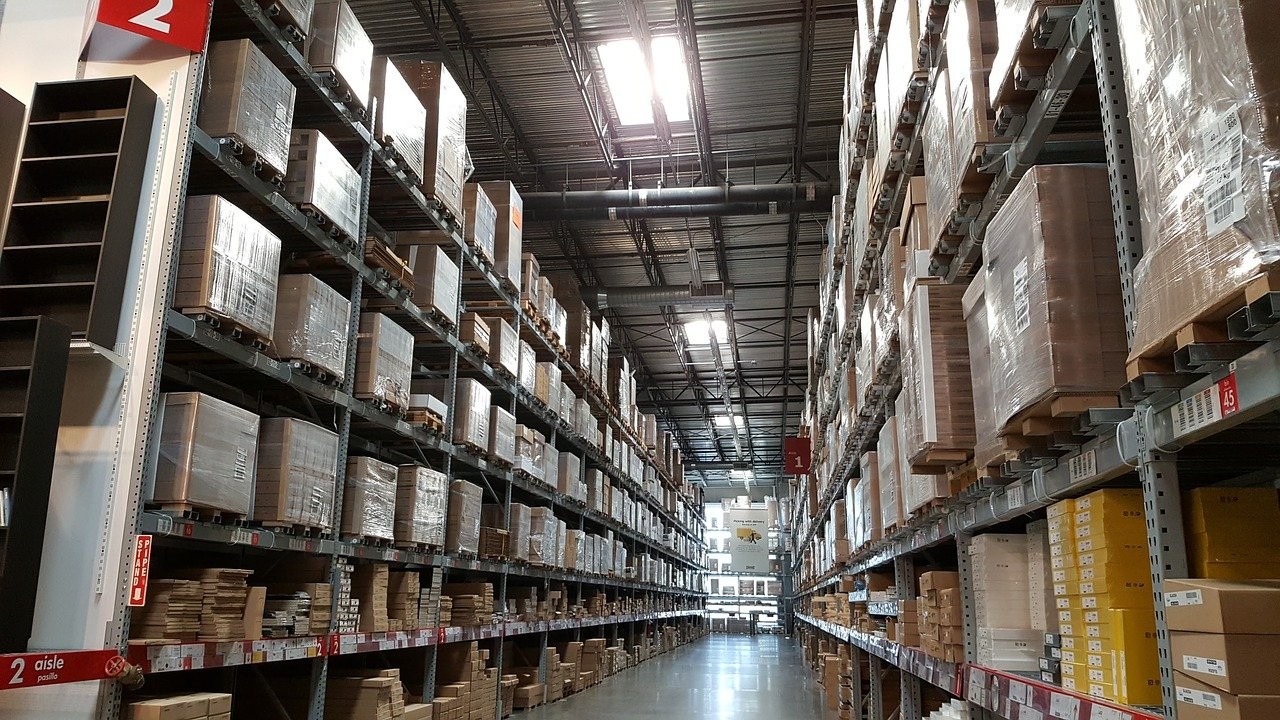
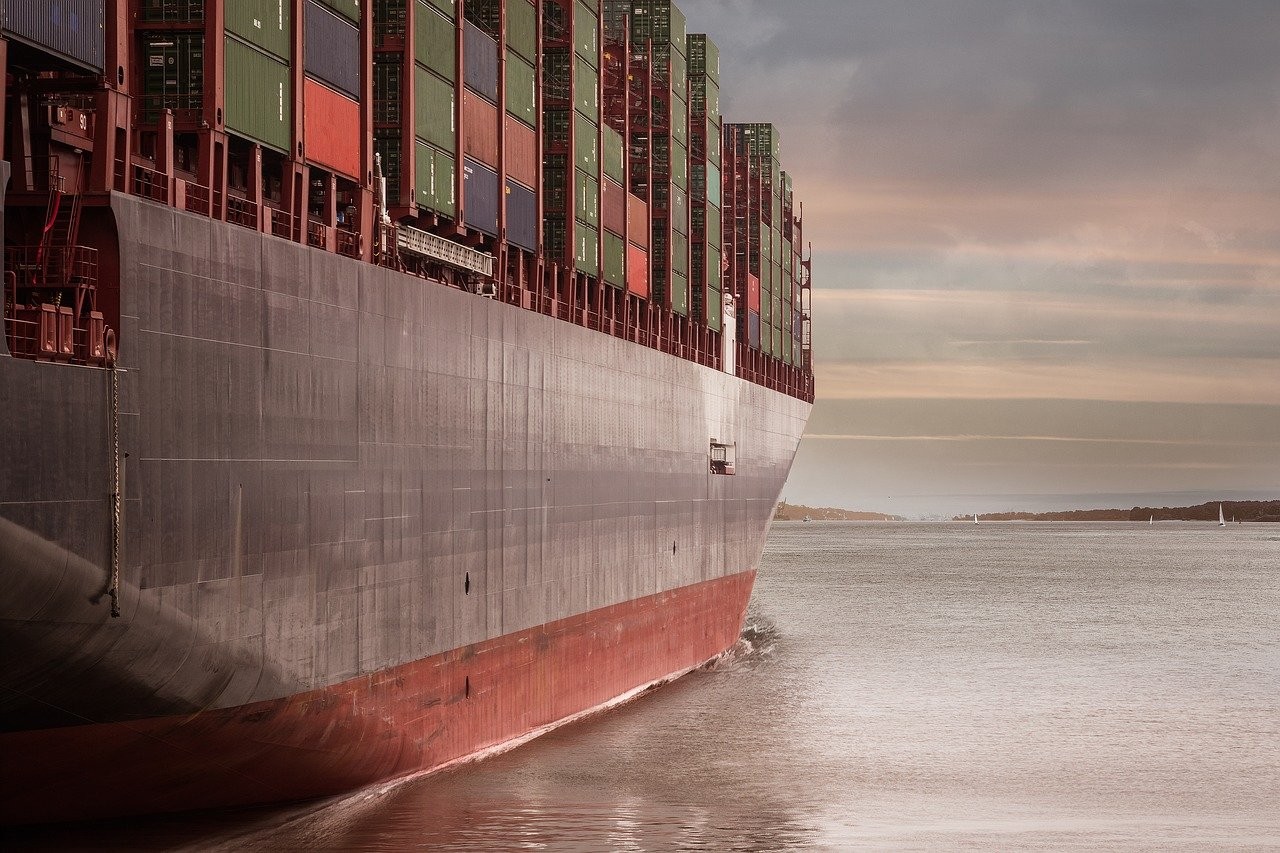
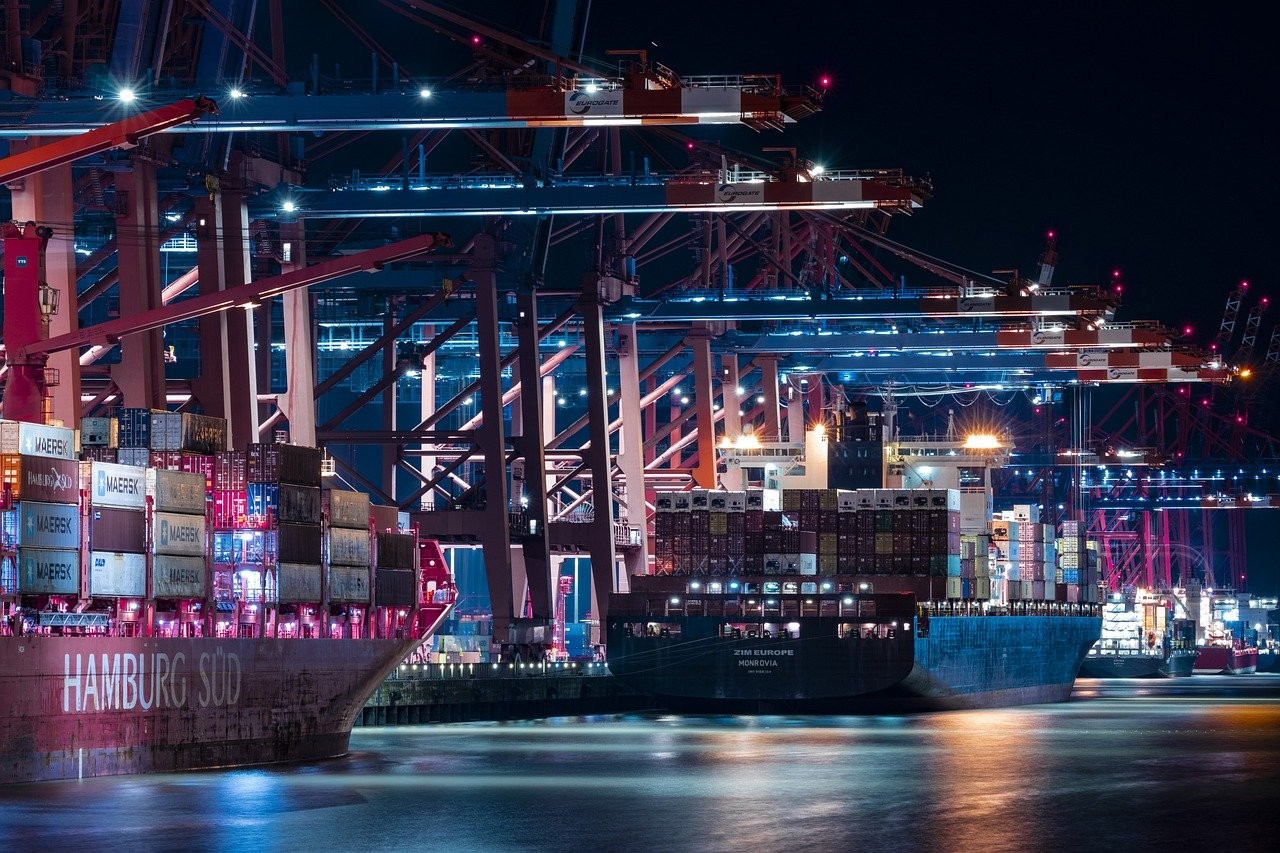
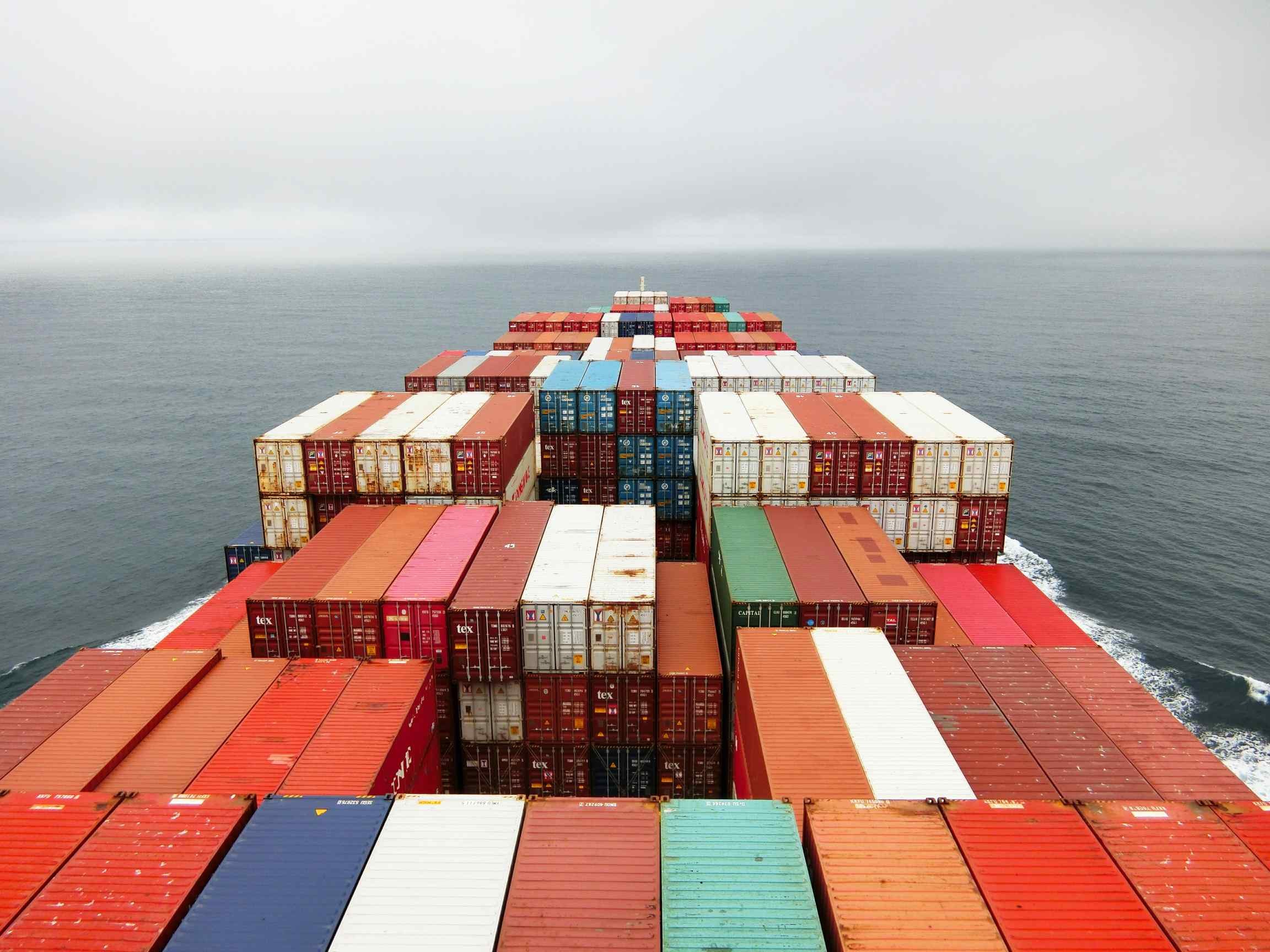
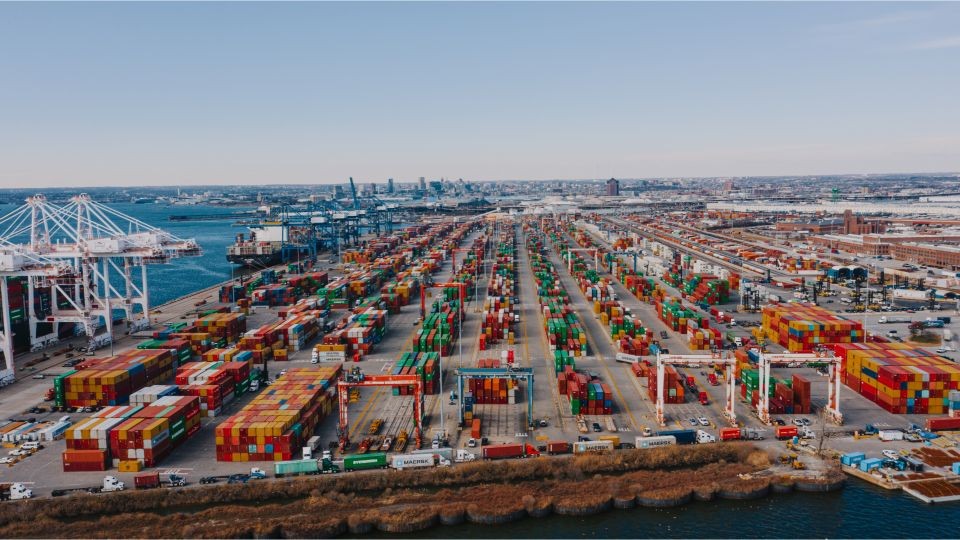

.png)